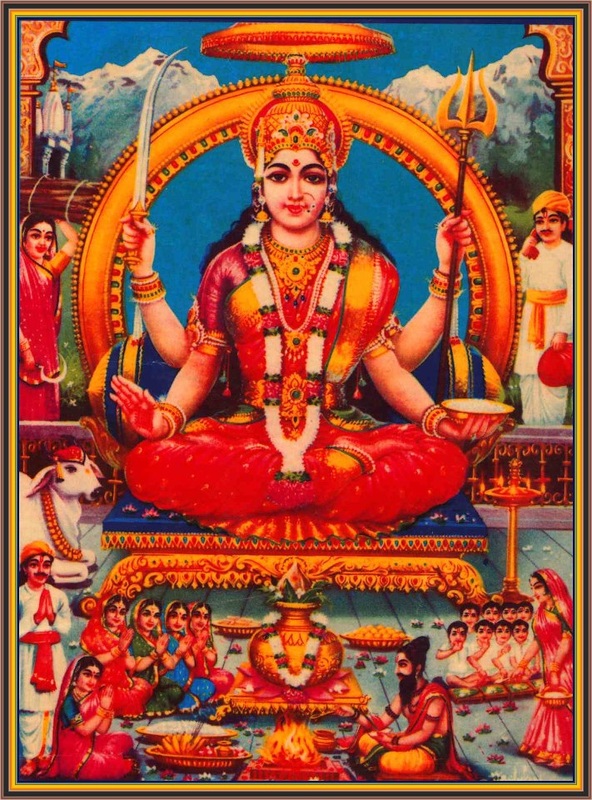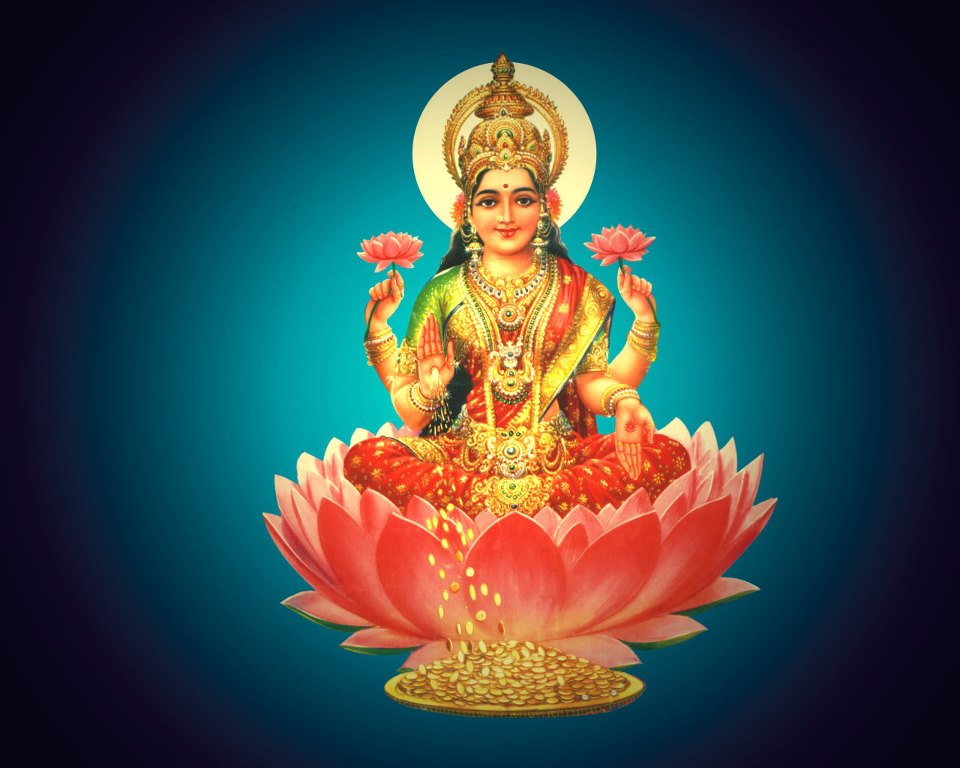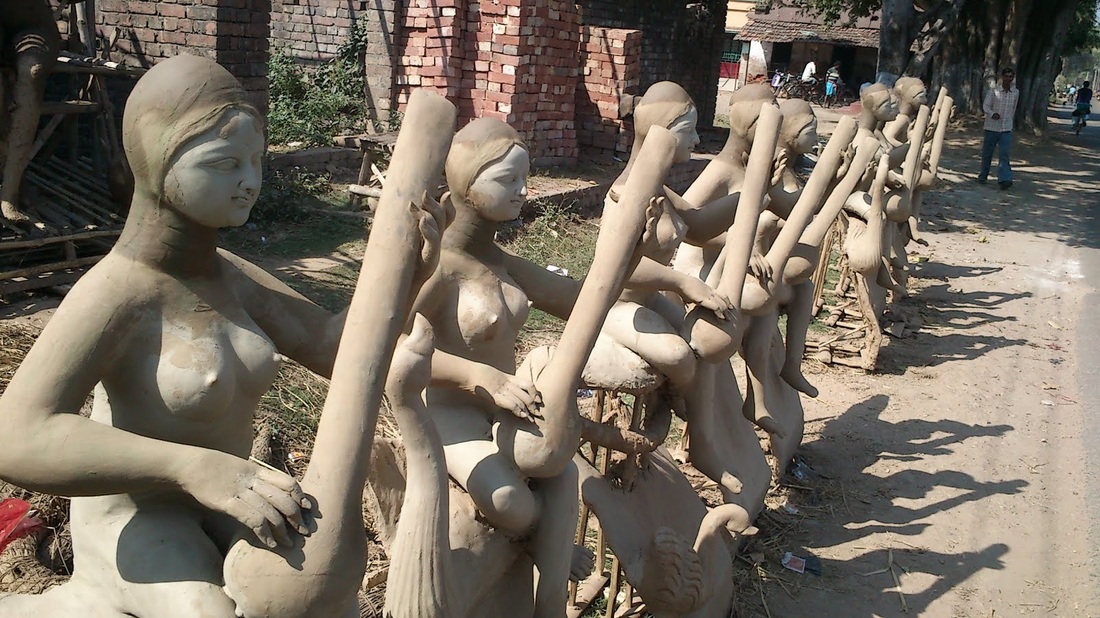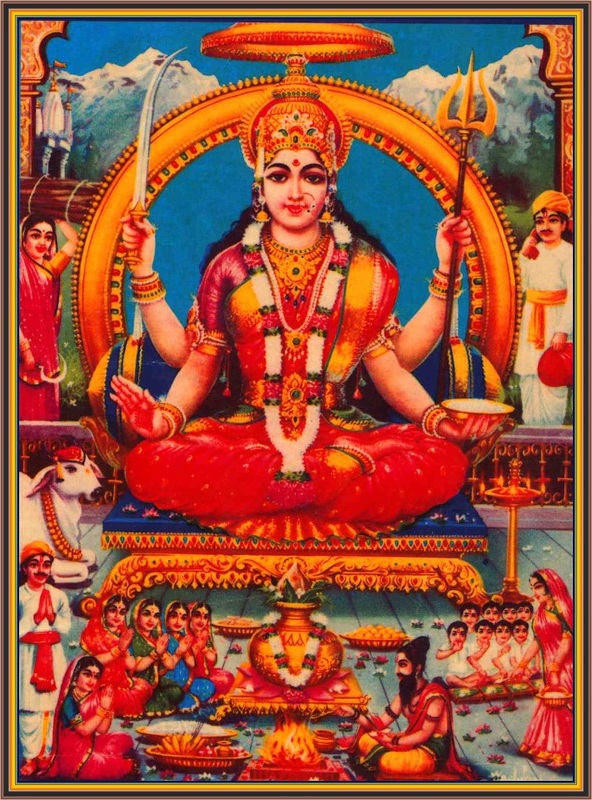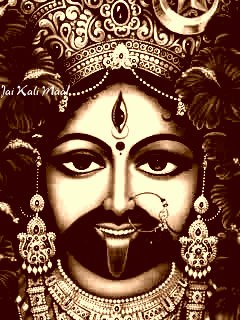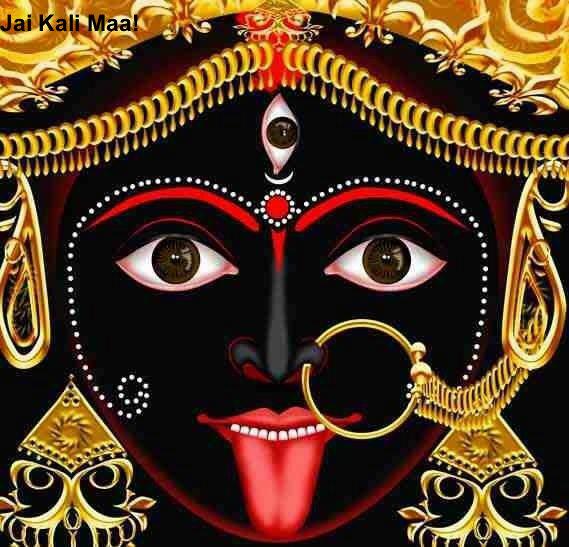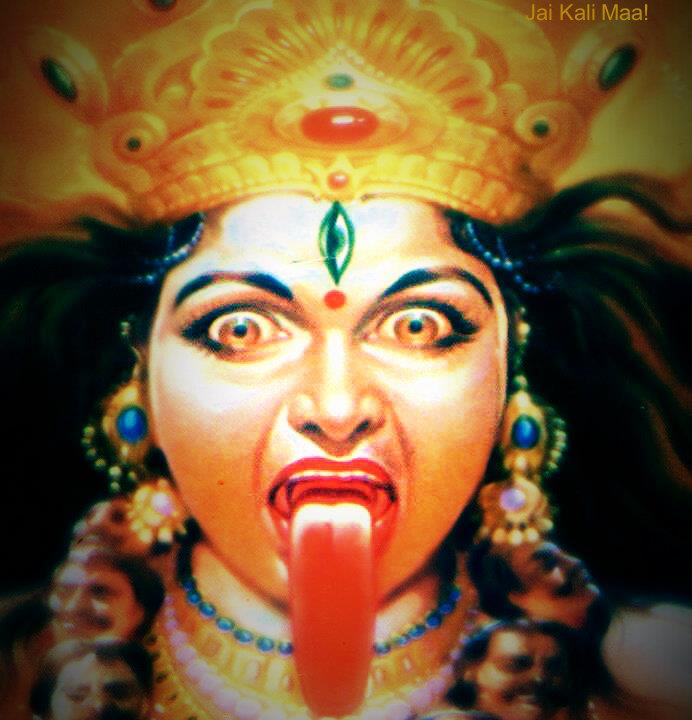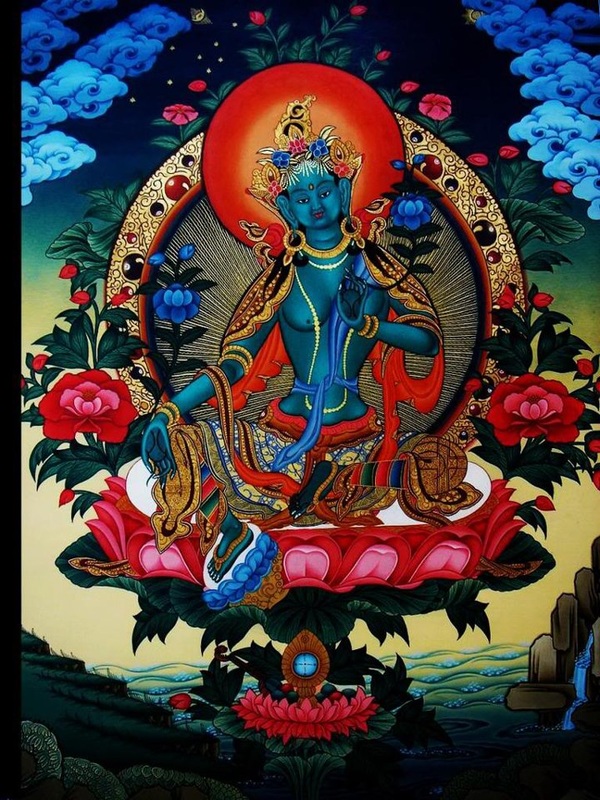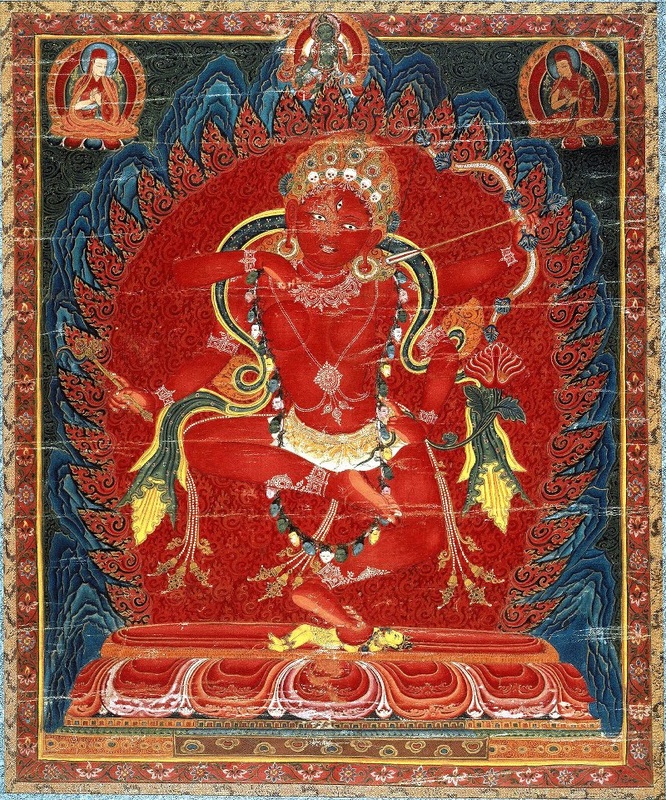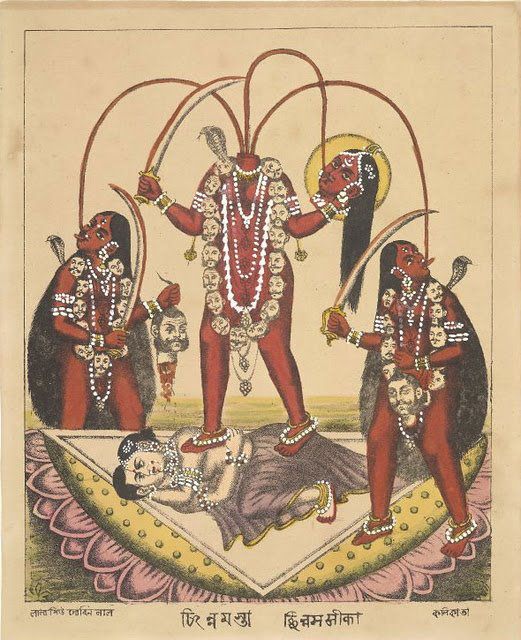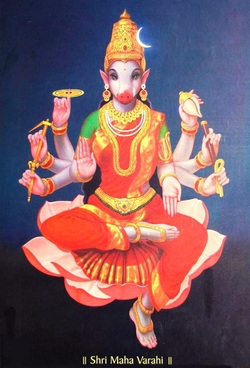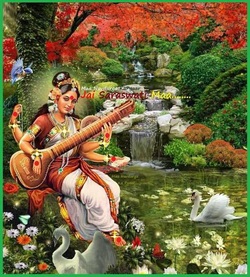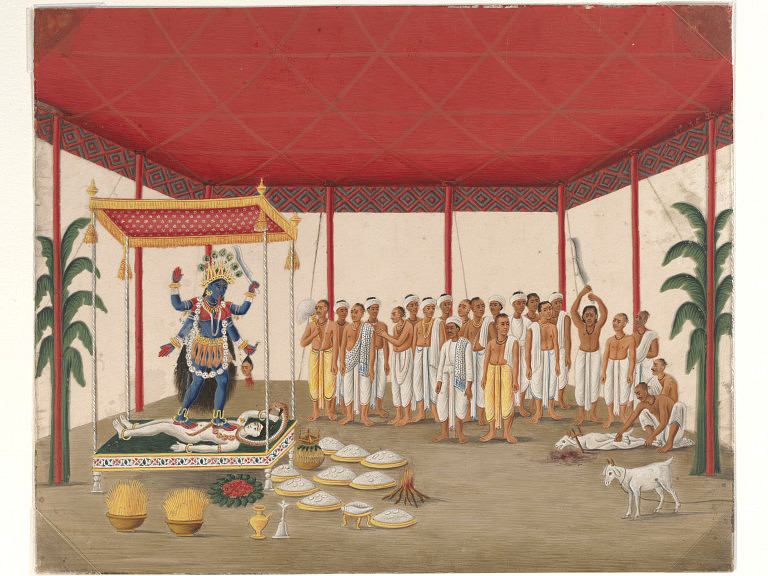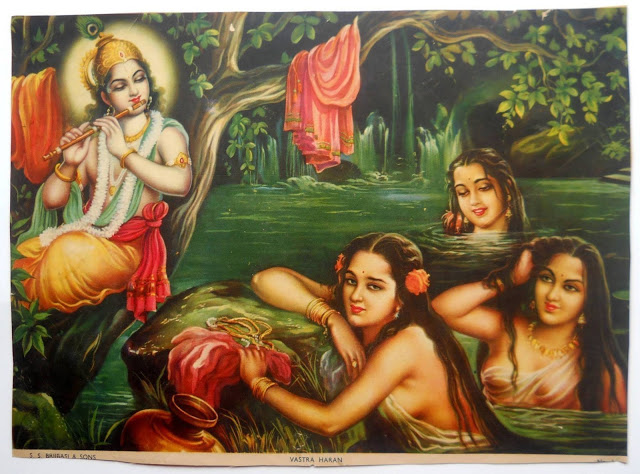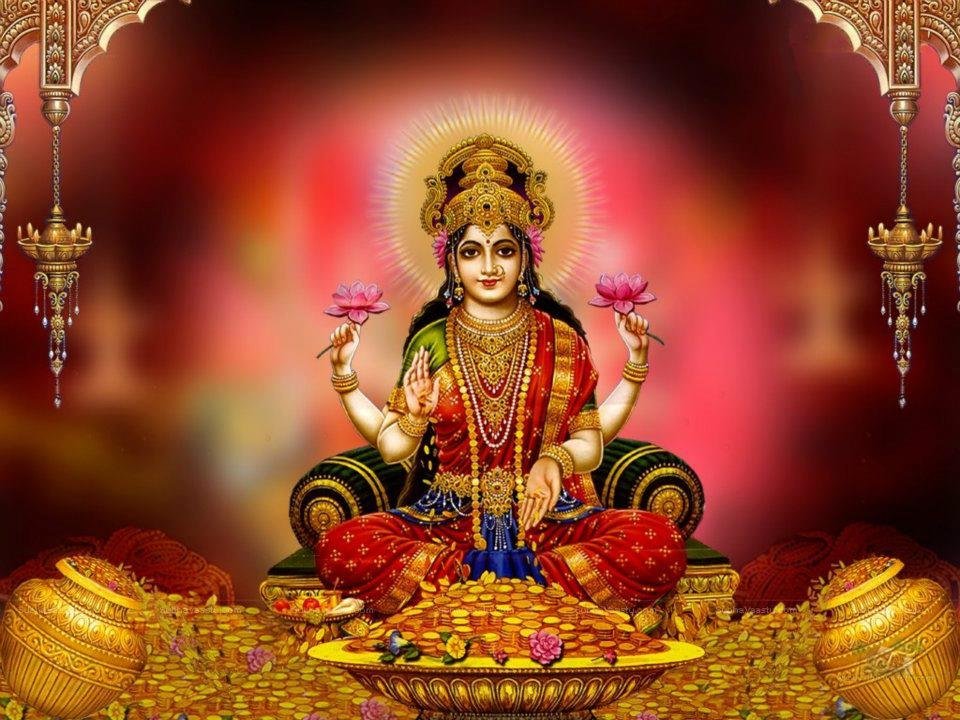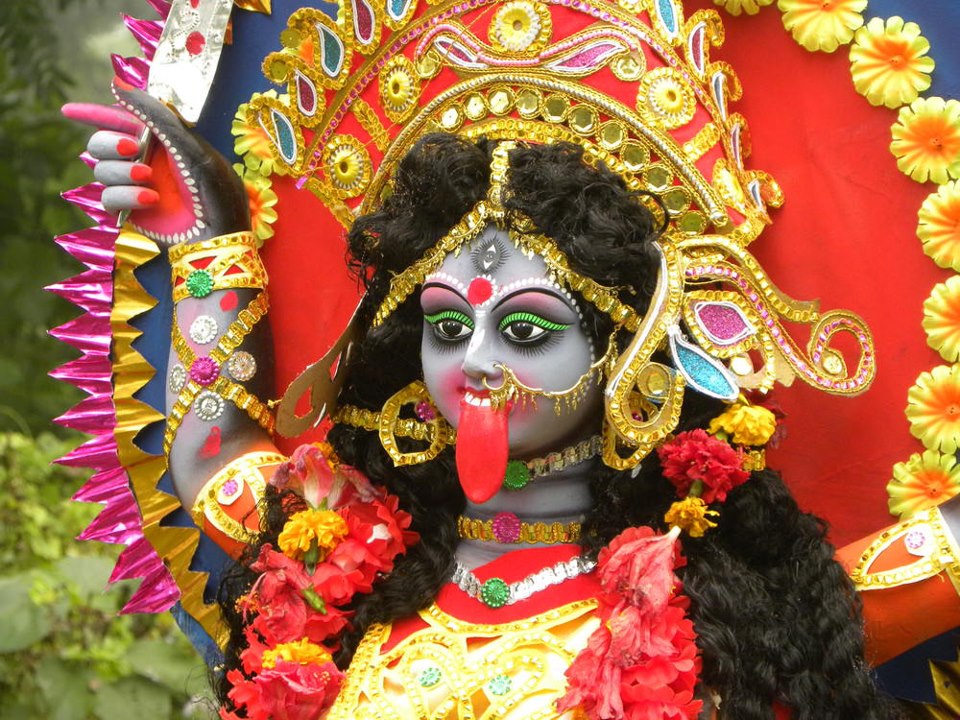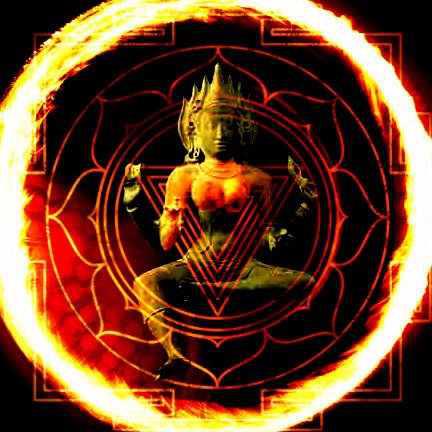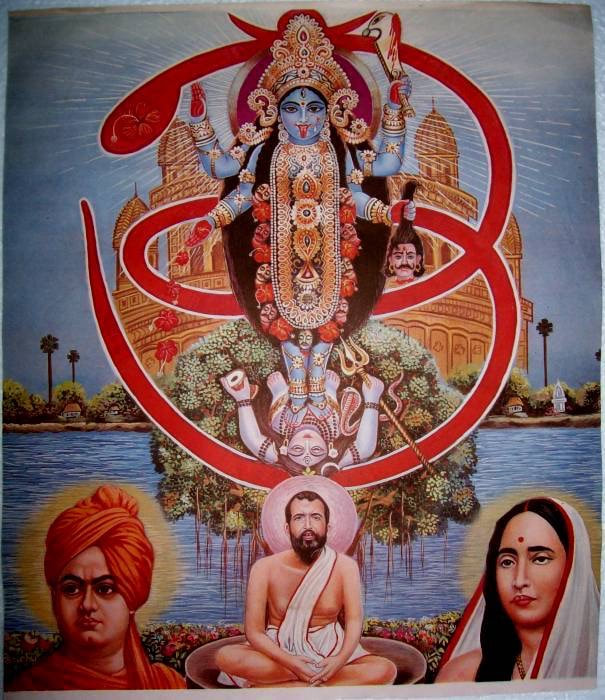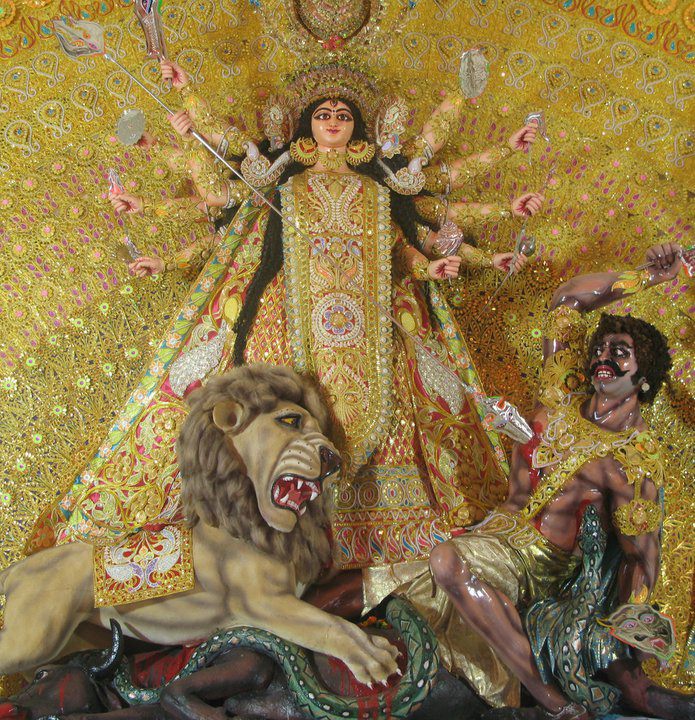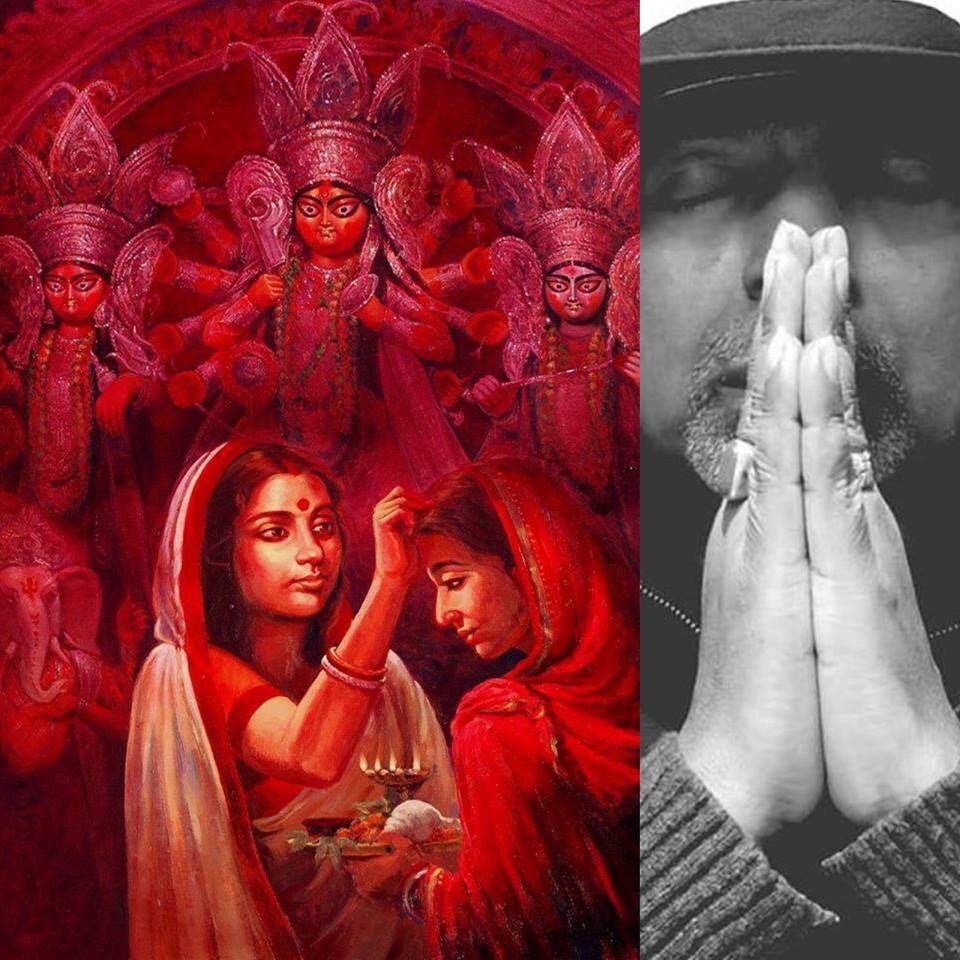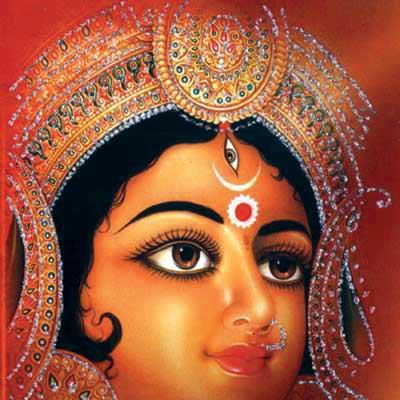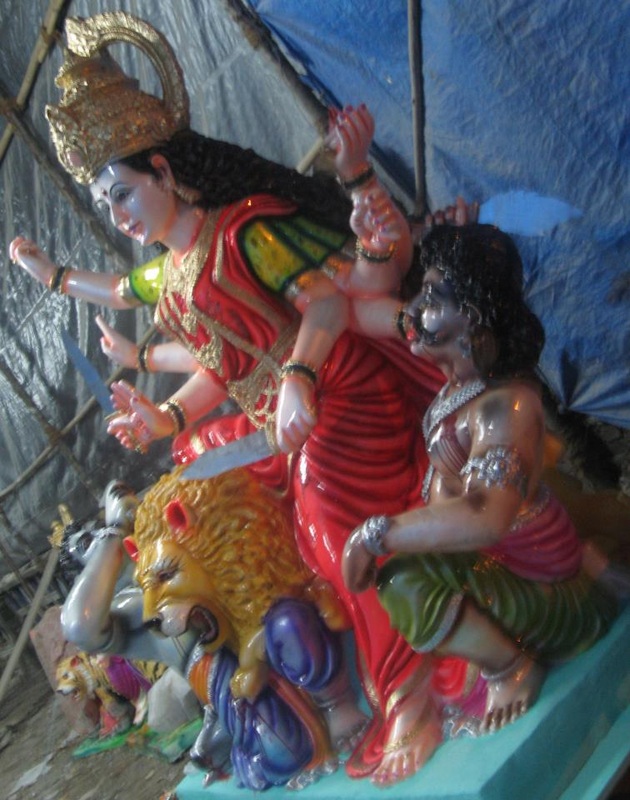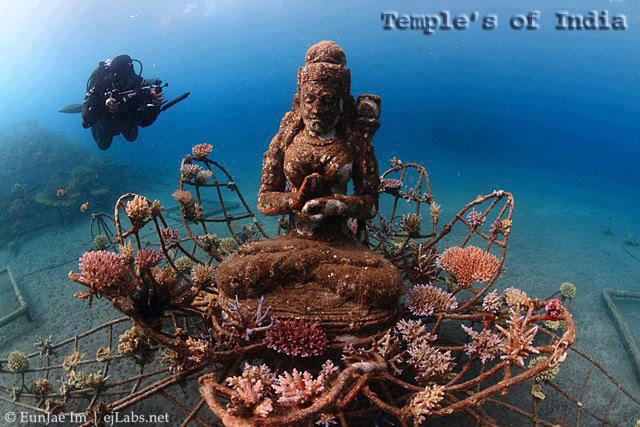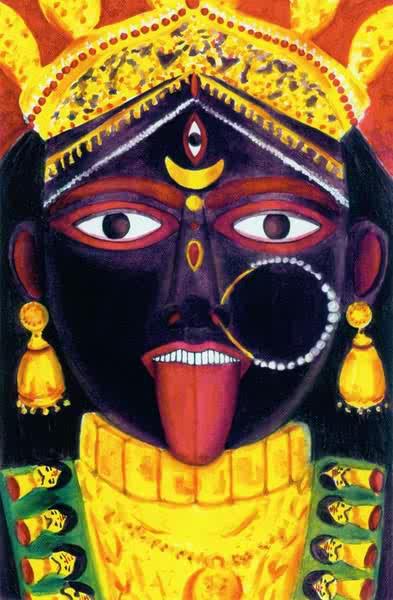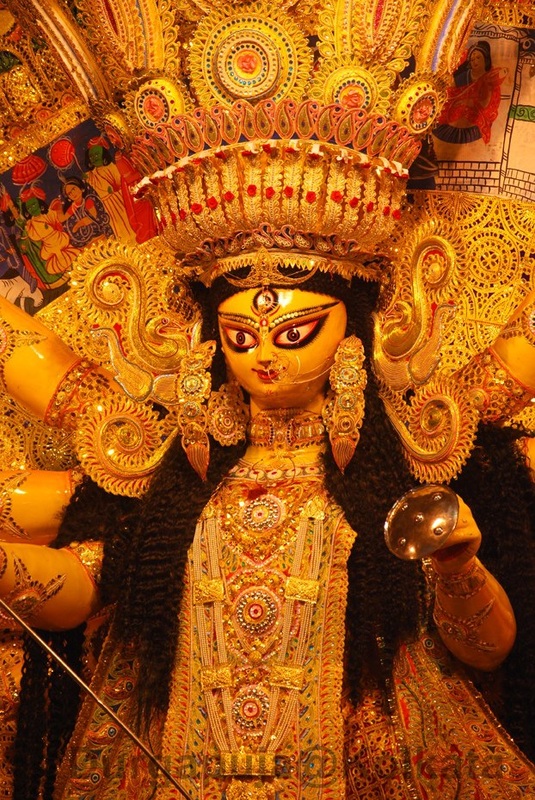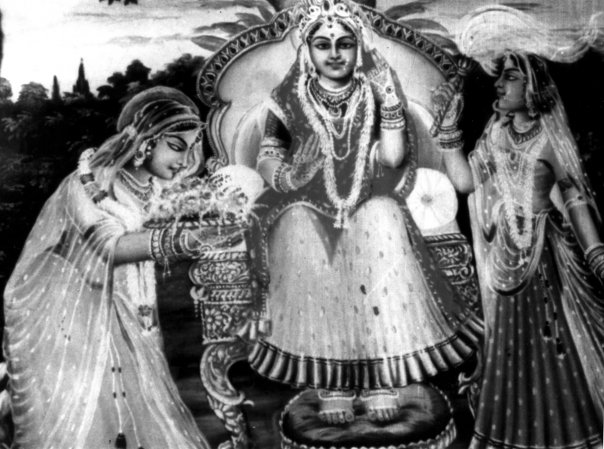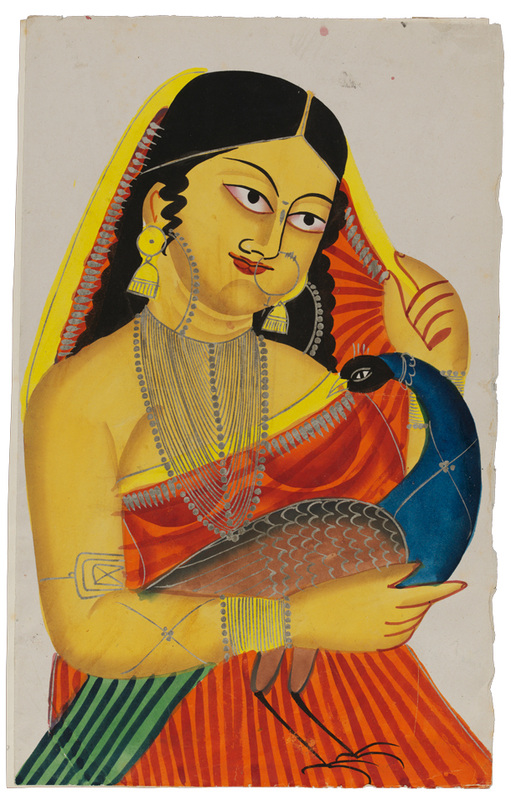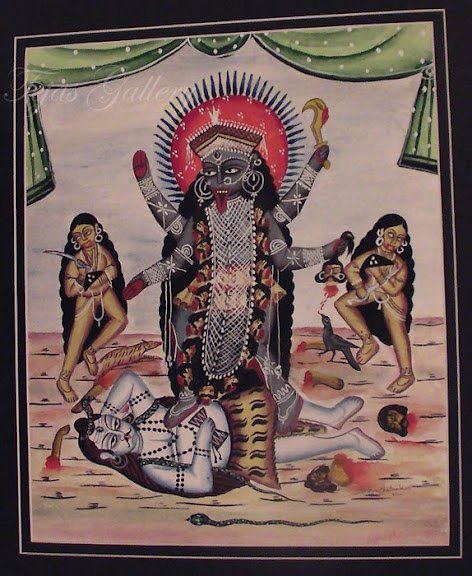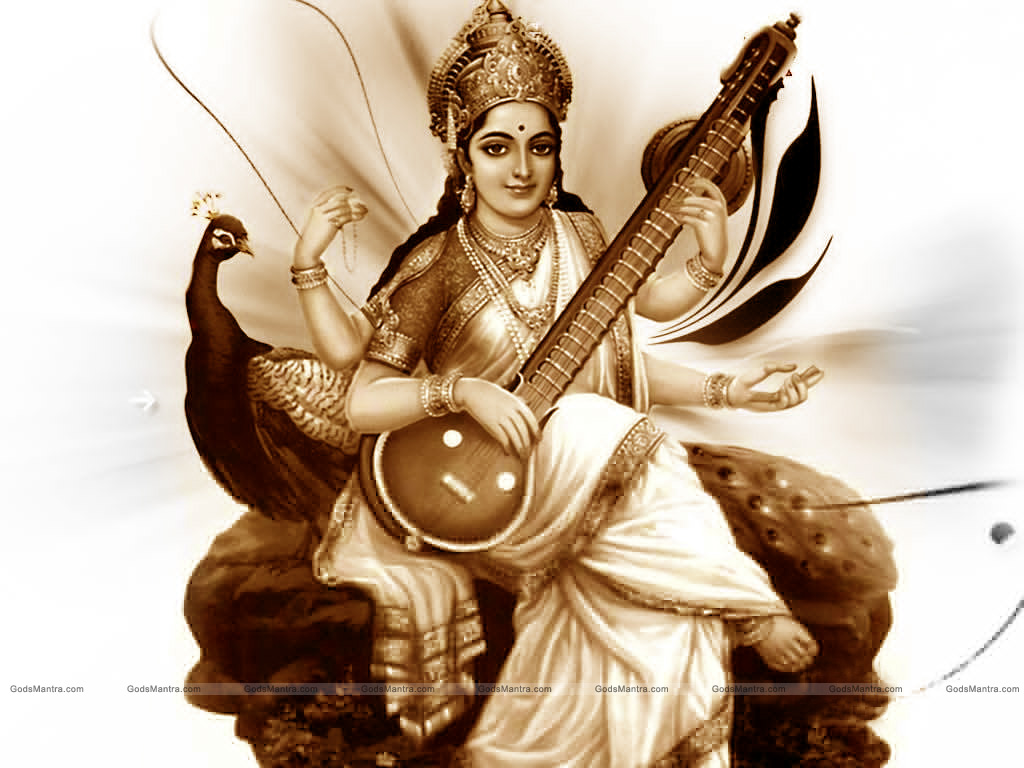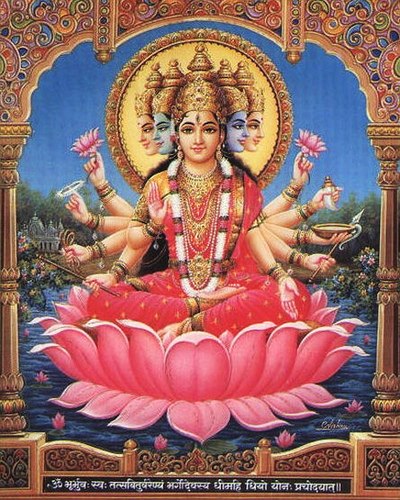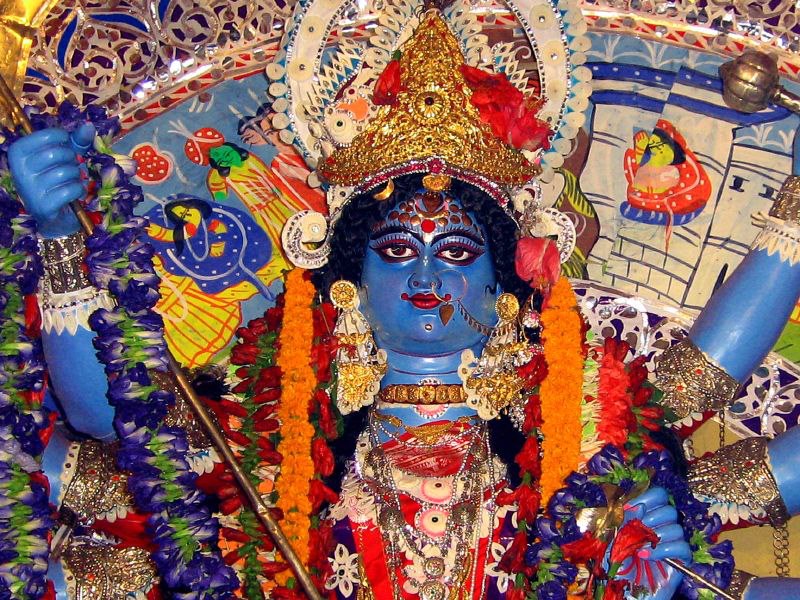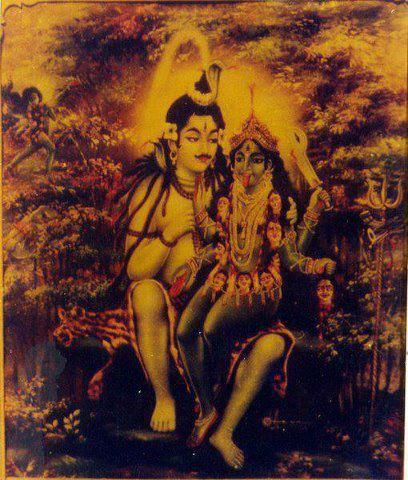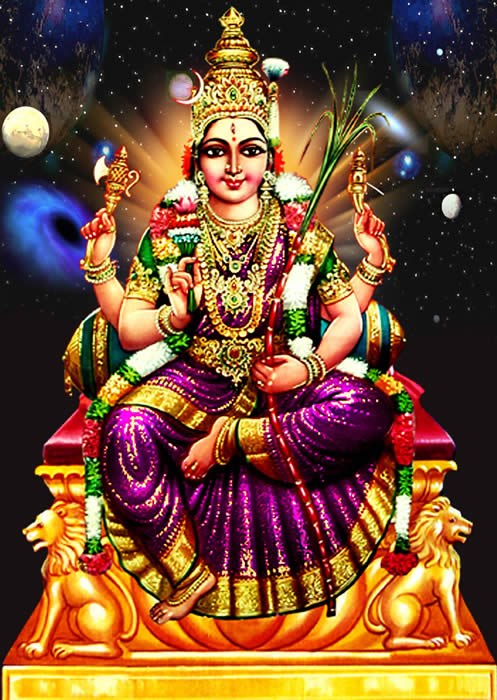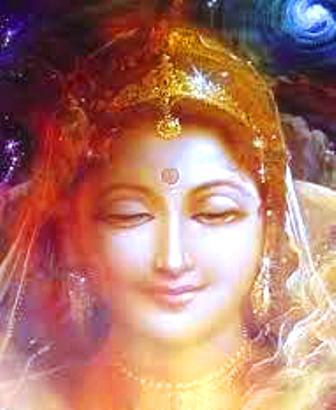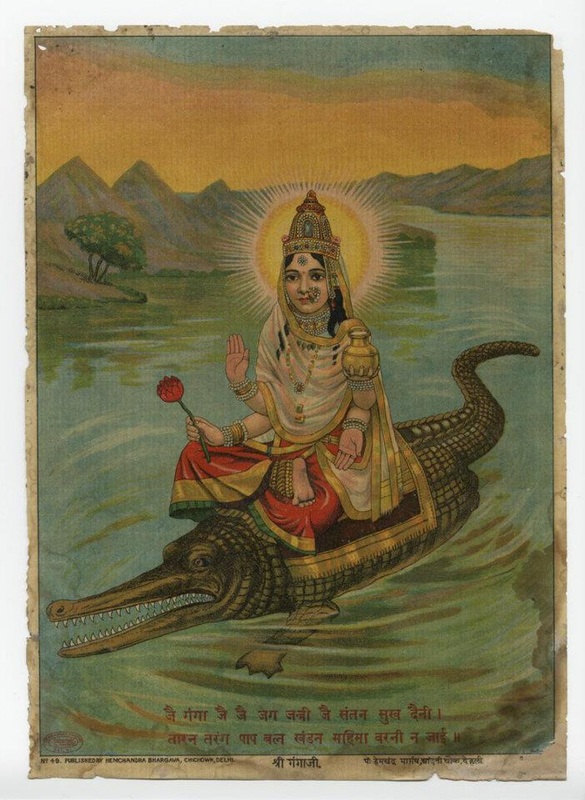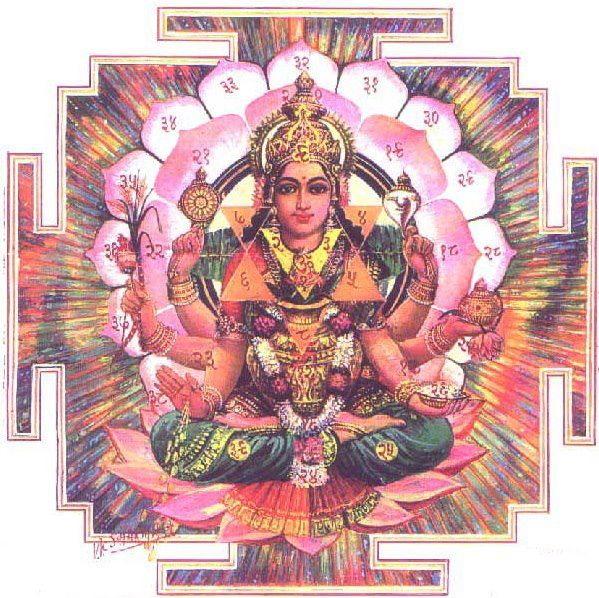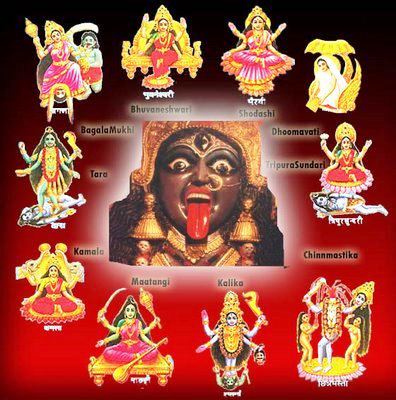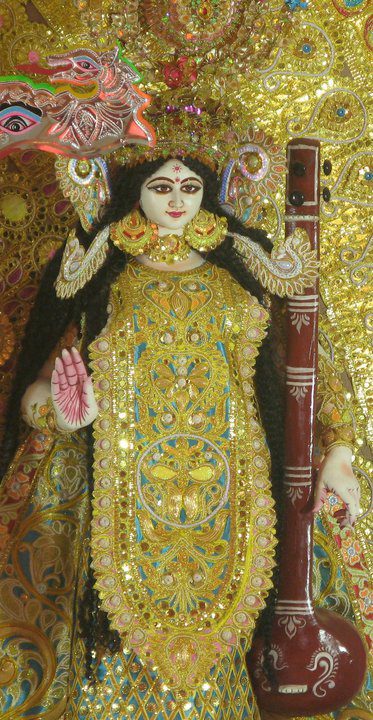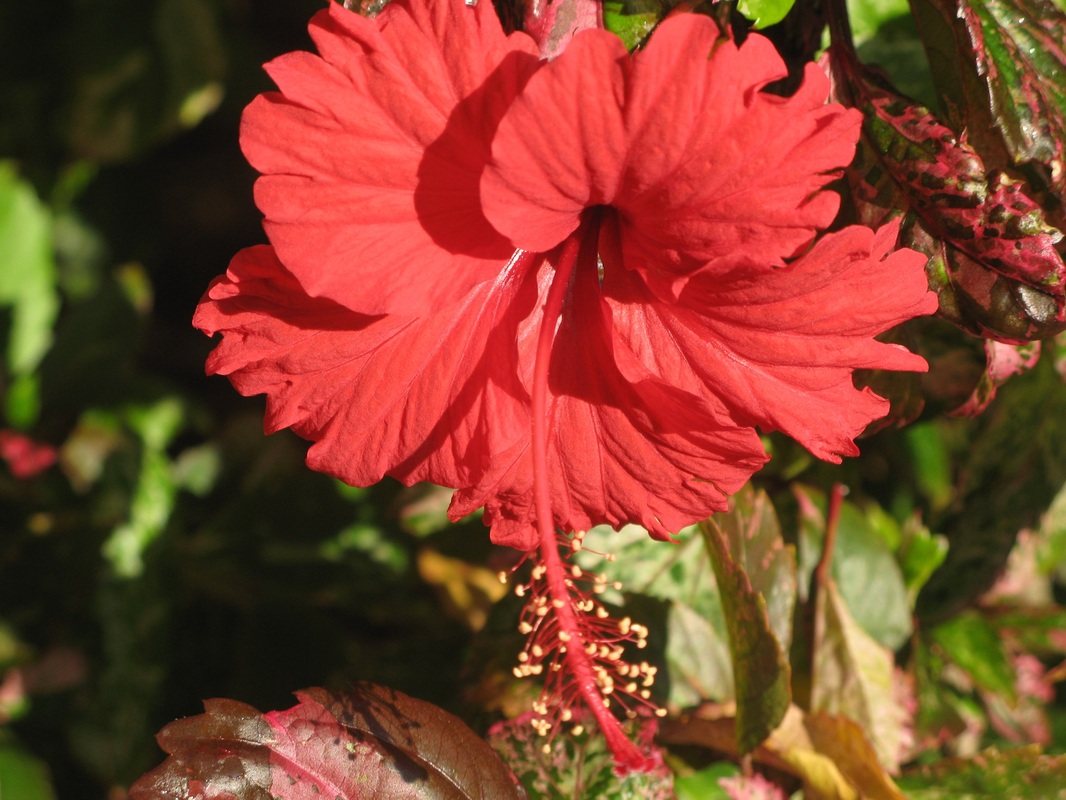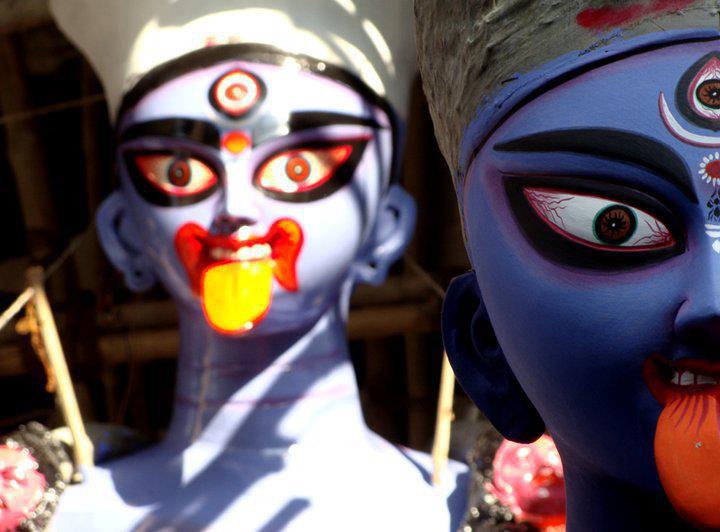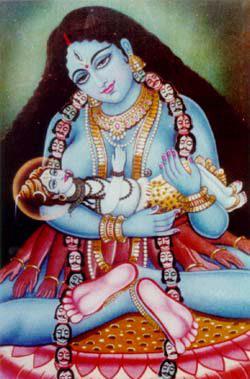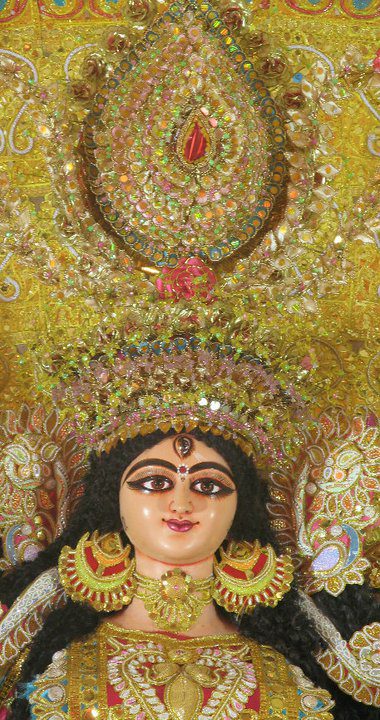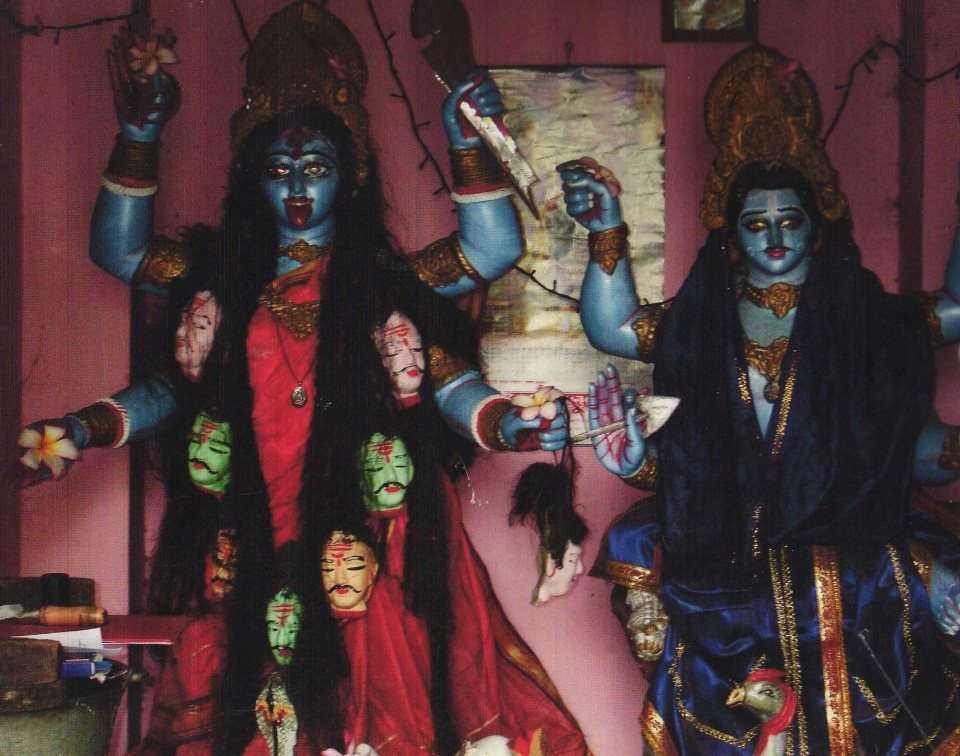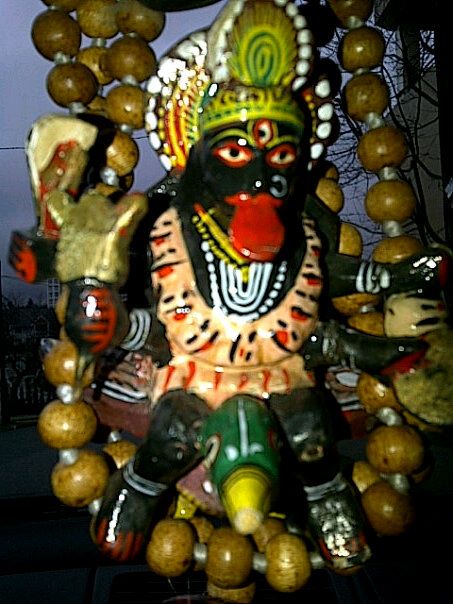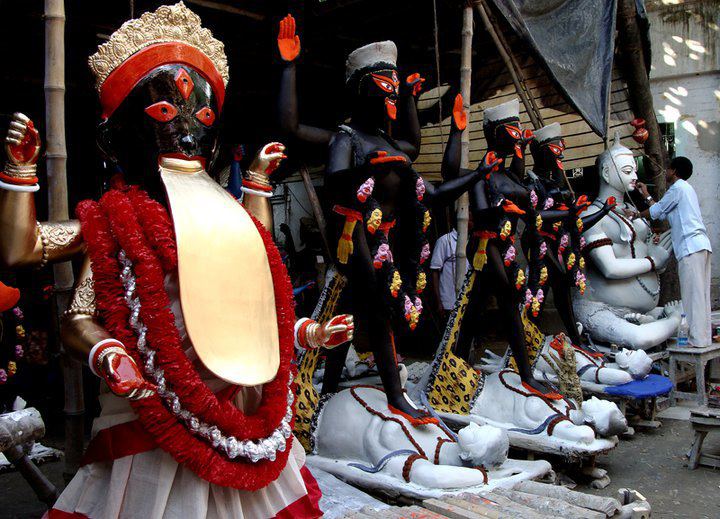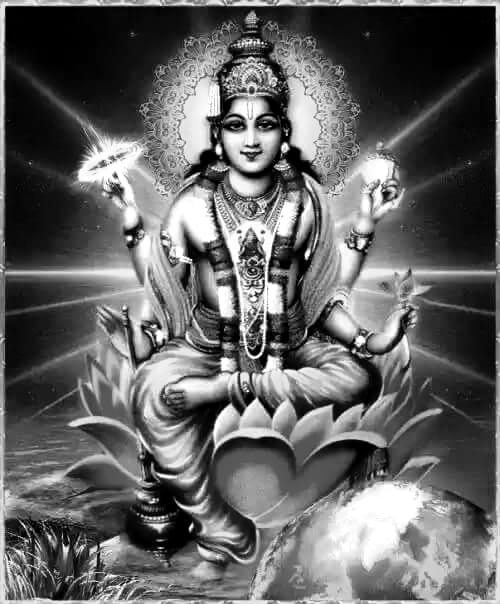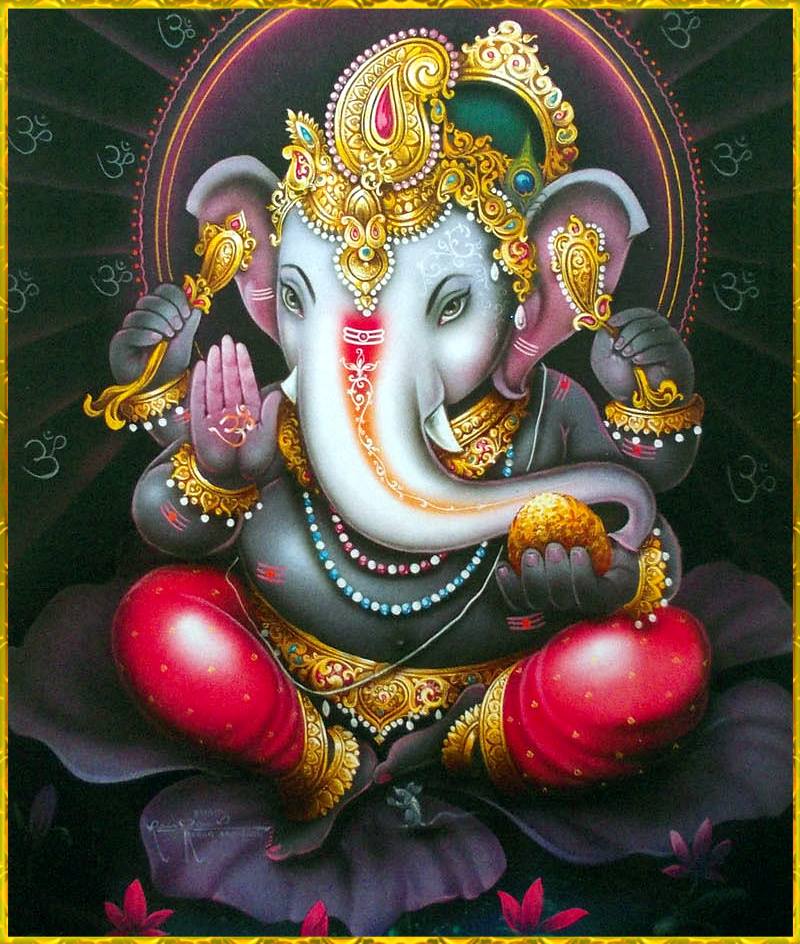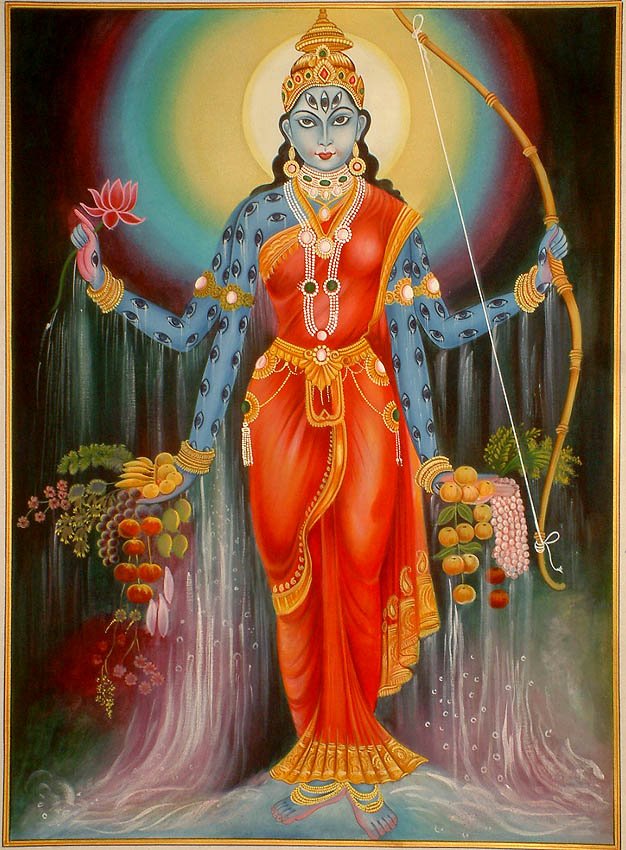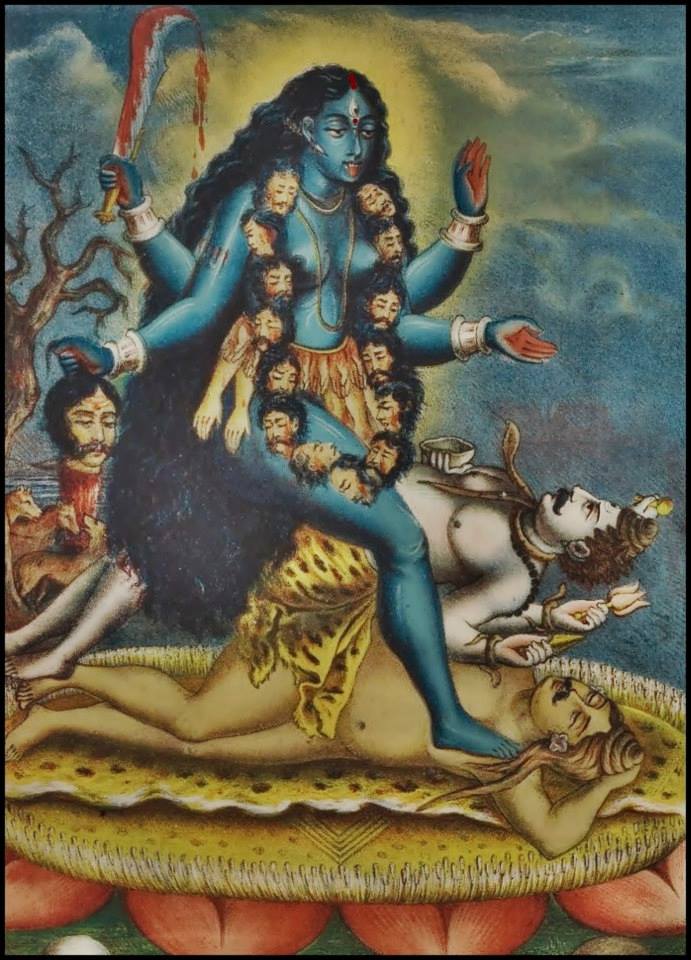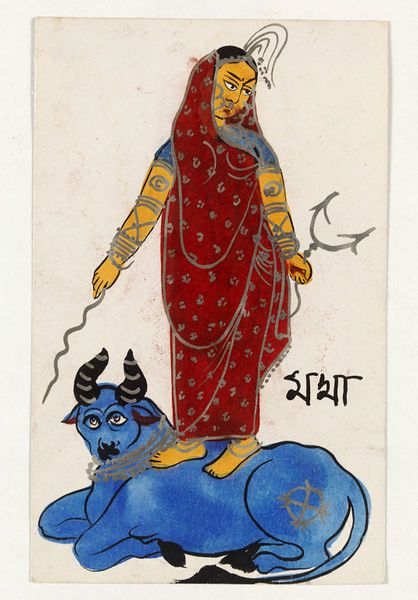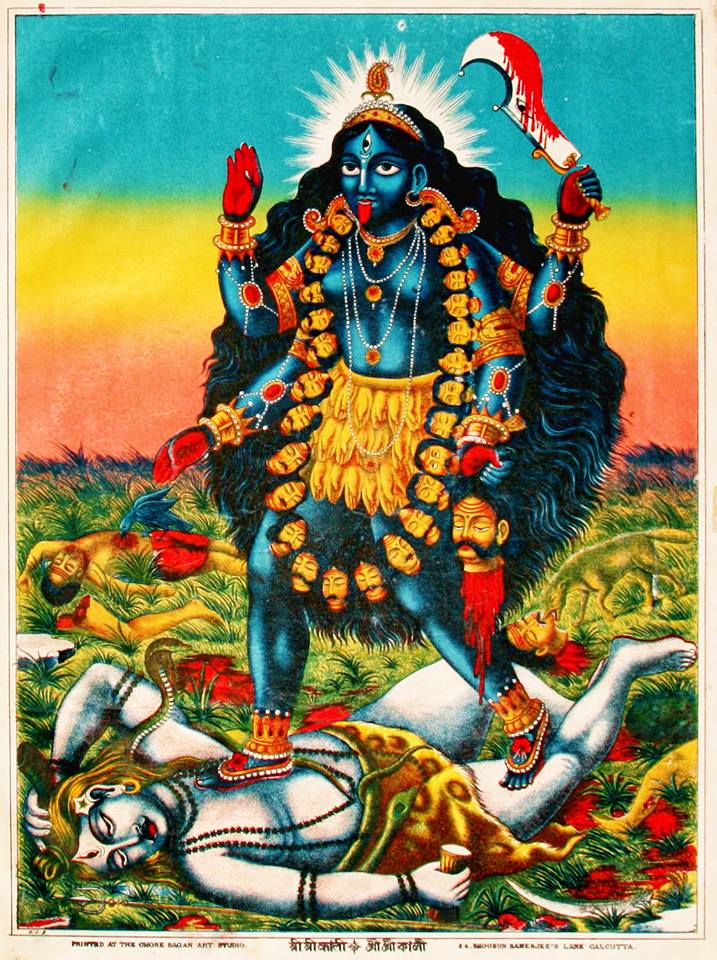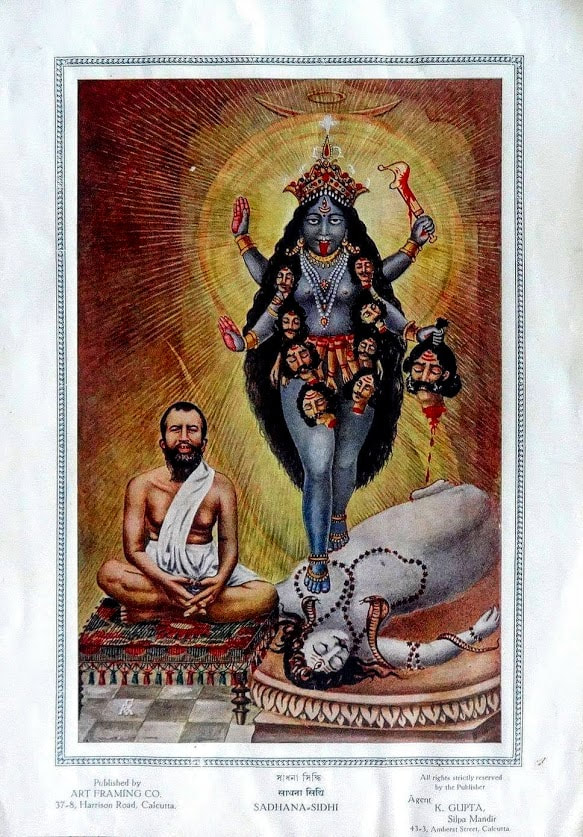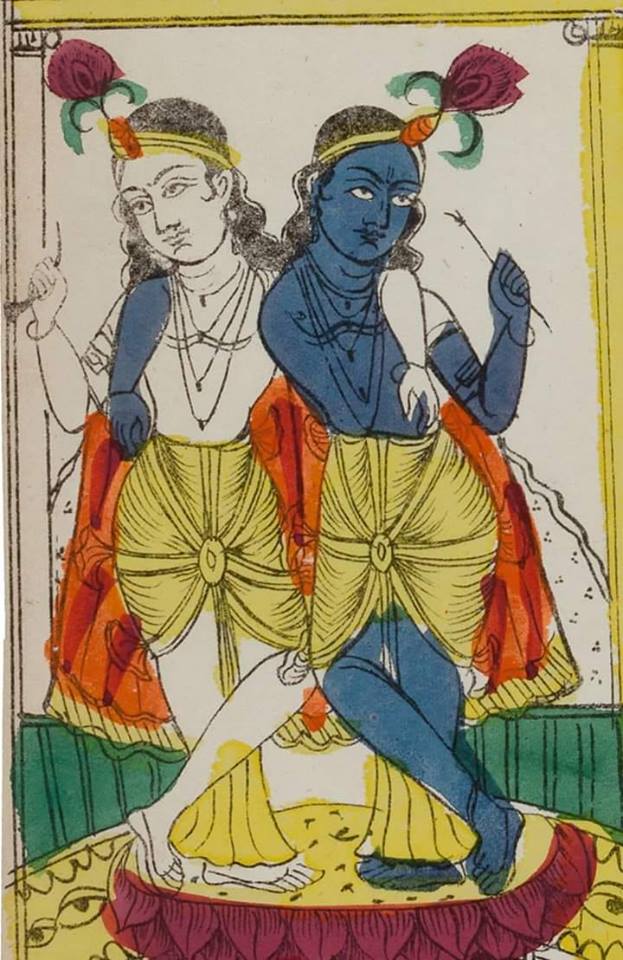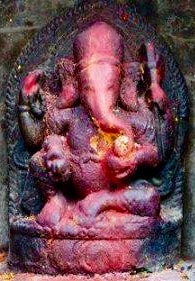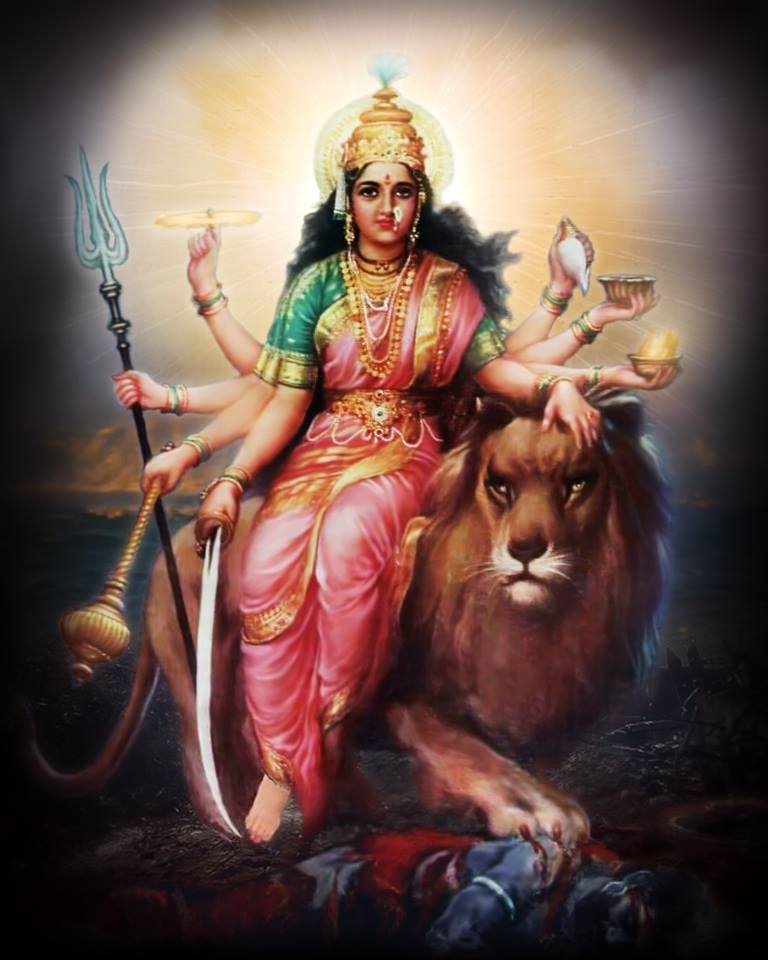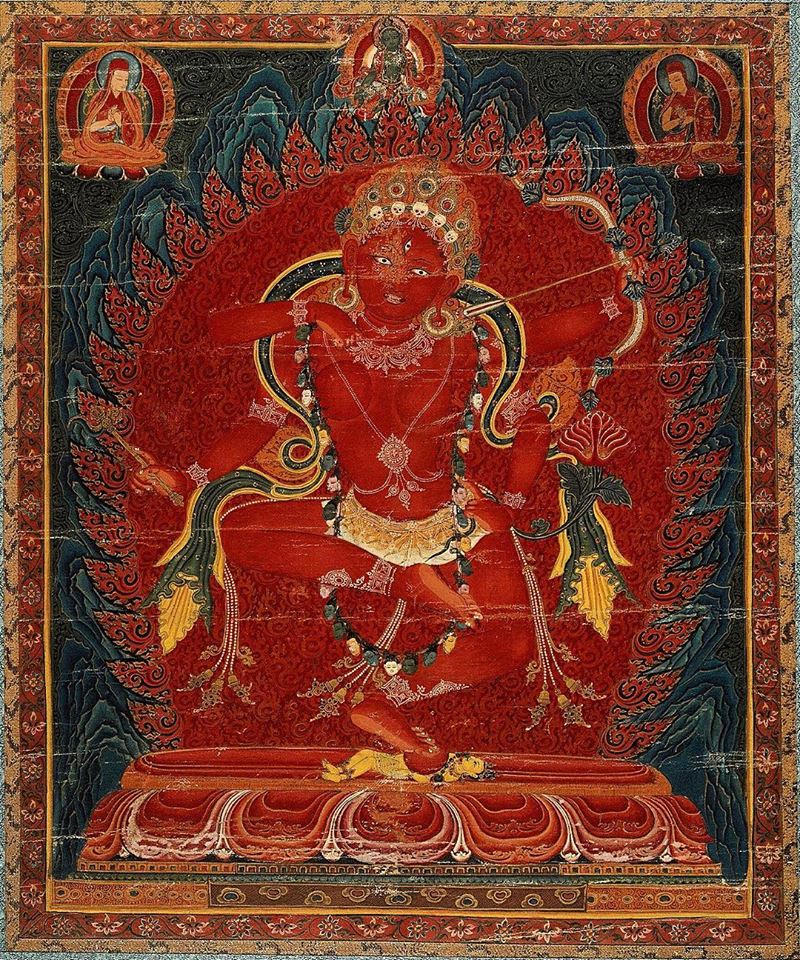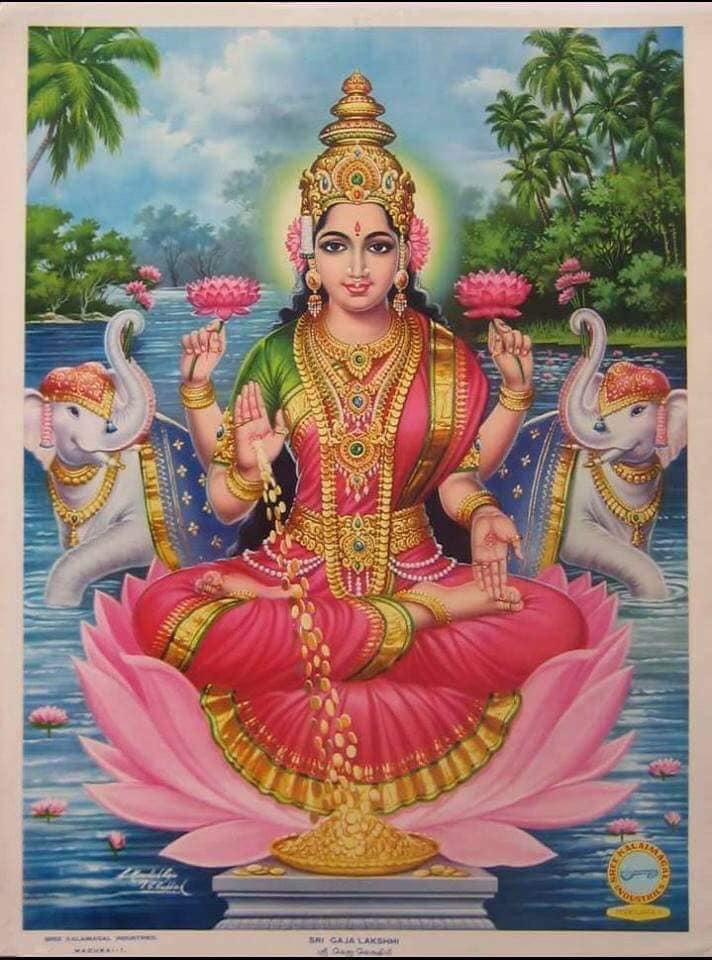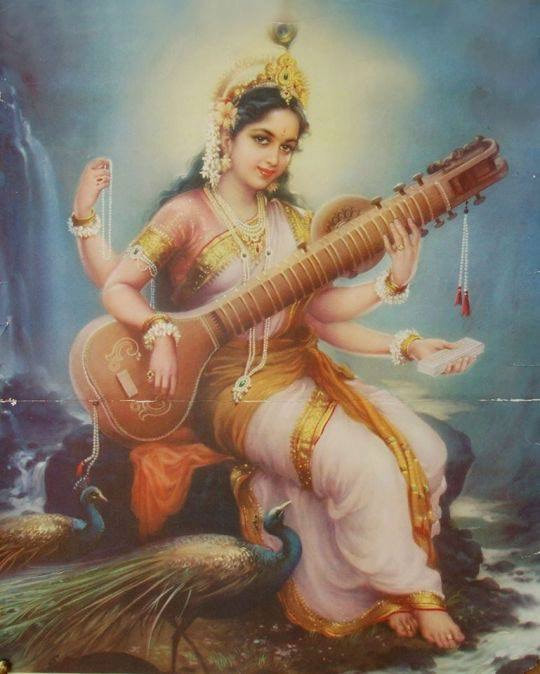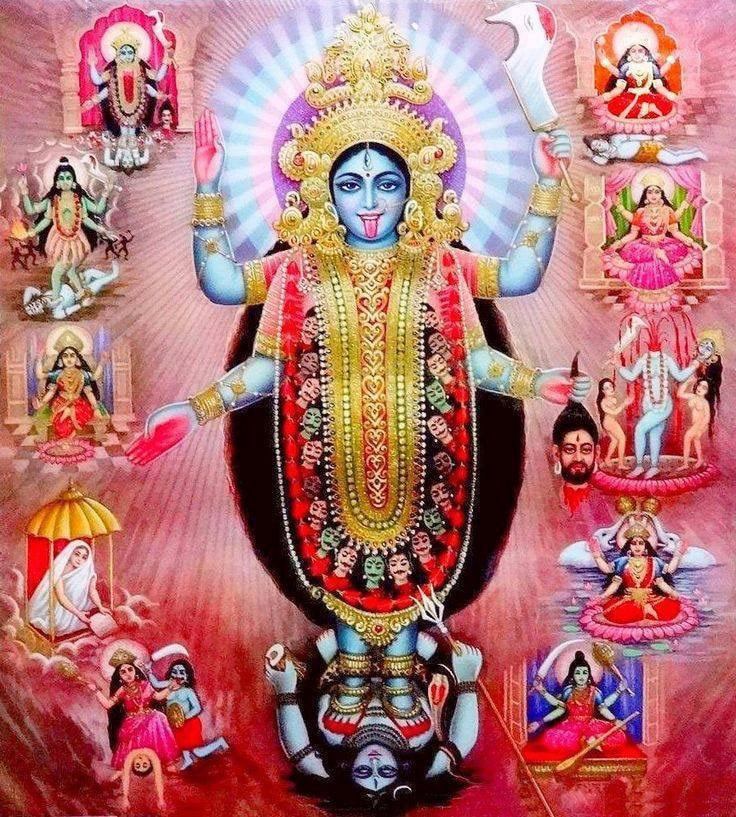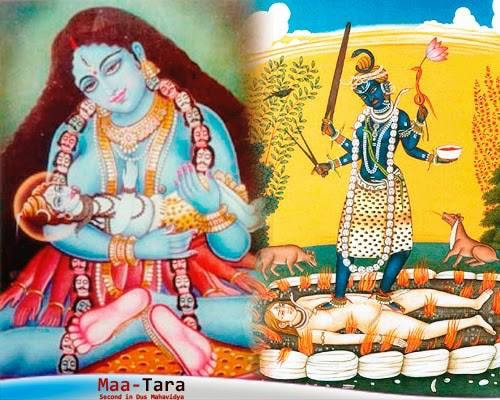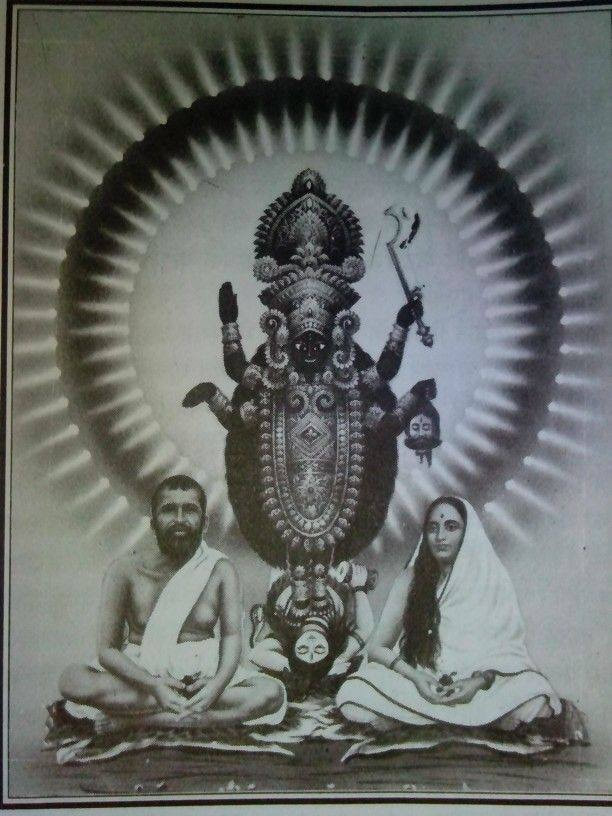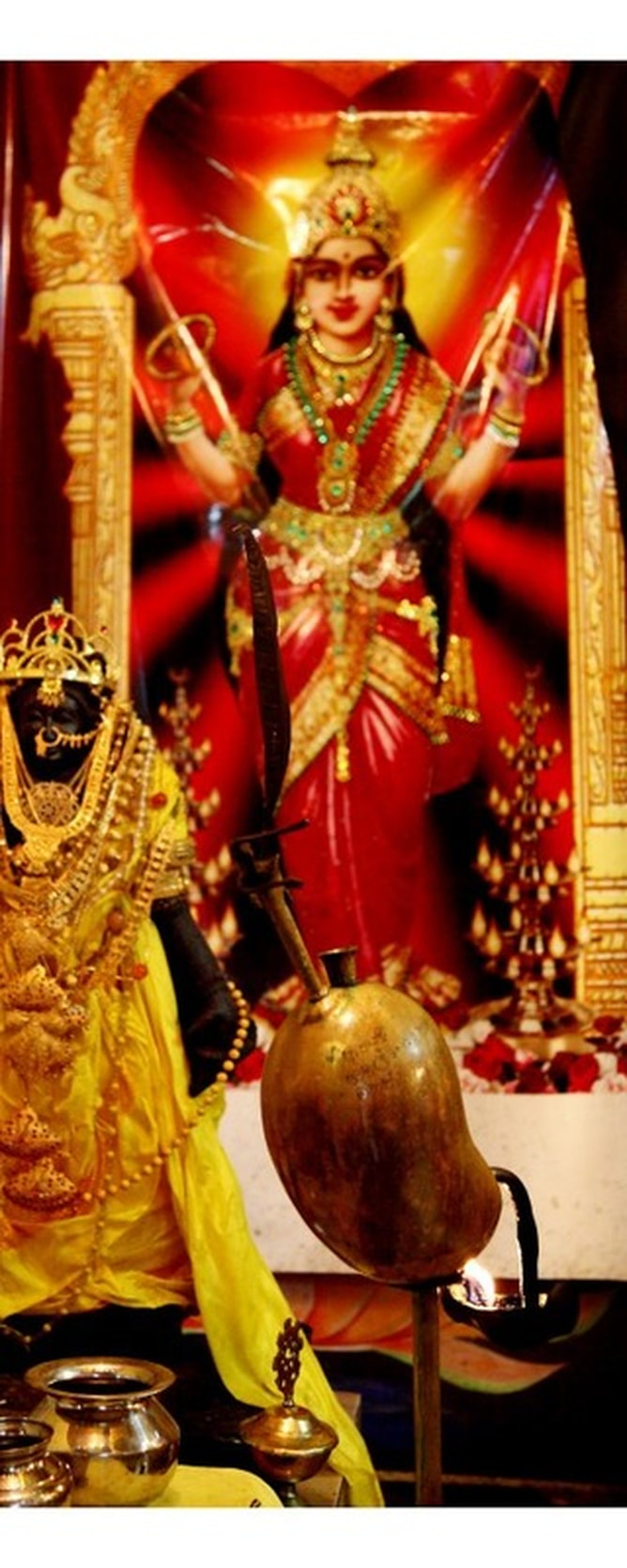
The cult of the betrayed wife took many forms from being fierce to those wanting justice. Also known as Sati cult of the mainstream Shakti worship deifying faithful and wanting wives, it also took some wrong turns when women plunged into their husband’s funeral pyre. Some preferred death to dishonour but this was on a misconceived basis. Some of these women rose up as guardians of female dignity.
The tale of Kanngi seeking justice from a hasty king is told as the Epic of the Anklet, commonly known as Silapathigaaram composed by Elangovadigal. Those who did bhakti literature would have been exposed to this text. Contextually, Kannagi is simply a woman who goes through trials and tribulations of a Hindu wife. She is simply depicted a woman mad of grief in the hands of an unthinking husband who gives in to sexual frailty. But in common thinking, Kannagi is co-opted into various roles: Pattini, the chaste wife and bastion of conservative chastity; worshipped as goddess. It would not be farfetched to state that she is the bastion and forerunner of radical feminism and women’s rights. She is glorified for her strength and as a role model of citizen’s rights.
The story is simple but beautifully narrated. Kannagi, a legendary beauty is found a fitting match when she takes the hands of Kovalan, a wealthy merchant from Kaveri Poompattinam. Kovalan has all praises for his wife. On their first night he says: மாசறு பொன்னே! வலம்புரி முத்தே! காசறு விரையே! கரும்பே! அரும்பொருள் பாவாய்! ஆர் உயிரே ....!- You are pure gold without rival; you are Valampuri pearl; You are pure perfume; the sweet sugar cane; the translucent honey, on which I feast......". The showdown would come later in the form of Madhavi who dishevels Kannagi’s bed of roses with kama’s arrows. Madhavi a strikingly beautiful danseuse from the Chola king Karikaalan’s court. She sweeps Kovalan away by her charm. That is the usual picture painted of Madhavi.
Abandoning Kannagi, and probably forgetting his first night punch-lines of honey and sugar-cane, Kovalan cohabitates with her Madhavi. This does not last for a year. Wealth evaporates. Madhavi gives birth to Manimekalai (we will see this in another posting). Totally devoid of money and burdens in the assumed household makes Kovalan realises the influence of (his) lust and the returns. He begs Madhavi for forgiveness and rushes back to Kannagi who had been taken ill. Kovalan enters the house to see a sickly and pale Kannagi and says “By consorting with a false-woman who makes illusion appear as truth, I have lost the rich sore of my ancestral wealth. O, the poverty I have caused makes me ashamed of myself.” Kannagi comforts him with a fascinating smile. She brightened up: “O, do not grieve! You yet have my anklets”.
The reunited couple start a new life in Madurai and Kovalan plans to restart his trade in the prosperous Pandian kingdom. Kannagi’s anklet – Silambu was exquisitely made of gold filled with precious rubies. This is taken to the gold market. Fate has it that the queen of Nedunchelian had her similar looking anklet stolen by a greedy courtier. The goldsmith turn’s him in. Nedunchelian gets into a fit of rage and orders beheading. In modern parlance, we could say that there was neither a trial nor appreciation of the merits of the accusation.
Kannagi is overwhelmed with anger and grief. She marches to Nedunchelian’s court and in front of the assembled courtiers she challenged him. “Thera manna, sepuvathudayen” – Unenlightened King , behold this! (Vazhakurrai Kathai or Litigation Chapter). Throwing the anklet down and crushing it, she proves that her anklets are filled with rubies while the queen’s was filled with pearls. ‘You killed an innocent man and slipped in your duty....do you deserve the crown and royal umbrella and paraphernalia? she shouts.
Pandian and his queen gave up their life but Kannagi was burning towards her loss and the injustice she was subjected to. She tore off one of her breast and flung it towards Madurai grounds “If I was a true Pathivratha, then let this entire city of Madurai be reduced to ashes.....the burning that I feel inside, let it burn up the city too!” she cursed. Tall flames burst in the city and people run for their life. Finally, the patron Goddess Meehakshi, resident Goddess of Madurai requests Kannagi to stop the raging fires and she accedes to the Divine request. She is said to have moved to Kodungallor in Kerala.
Silapathikaaram carries some interesting plots. Kannagi is epitome for her extreme devotion to Kovalan despite his adulterous behaviour. She is unmoved despite Kovalan's paramount attention to the intruder, Madhavi. In today’s world this would have called for divorce! She gets elevated to the status of Goddess and is said to be the incarnation of Goddess Parvathy. Some writings state that she took the incarnation of Attukal Devi to destroy evil and preserve righteousness. Keeping her domestic rows to herself, she braved to question a non-judicious king. Despite the destruction of life and property, Kannagi gets to be known as Goddess Pattini or Kannaki Aman. She also appears as Bhagavathy Amman in South Indian states.
Madhavi is also portrayed as an equally chaste person and an amorous lover. In Puhar Kandam Elangovadigal sings Madhavi’s praise. While Kovalan is after physical pleasure, Madhavi longs for an emotional bondage. She does not simply give in to physical pleasure alone. While Kovalan is tensioned with his sexual urges, Madhavi sings songs of longing for love. She expresses her frustrations “How can we know, my lord, who are the men who follow us along the strand? Their hands are heavy with their presents but they prove to be odd foreigners who expect us to pay dearly for their gifts? Madhavi is quite forthright here in stating about ‘men who follow with gifts” - கையுறை கொண்டு, எம் பின் வந்தார்...... while she longed for an emotional relationship. Is there sexual allurement by her as such as alleged and is there a lesson in here? Puhar Kandam highlights the plight of womenfolk who become easy prey to men who come with gifts (promises) and finally run away.
Chilappathikaaram was written only 1500 years ago while the story is much older. The poet-monk Elangovadigal learns of Kovalan-Kannagi saga while visiting the countryside near Periyaru River with his brother Chera King Senkuttuvan. He learns of Kannagi, the Goddess of Chastity. What Eangovadigal and Kannagi gave the world was an impartial story in poetry form on the dharma of kings, the glory of chastes and the ill-effects of karma. It contains lessons for both men and women. If Kannagi is a Goddess would be subjective. Hari Om
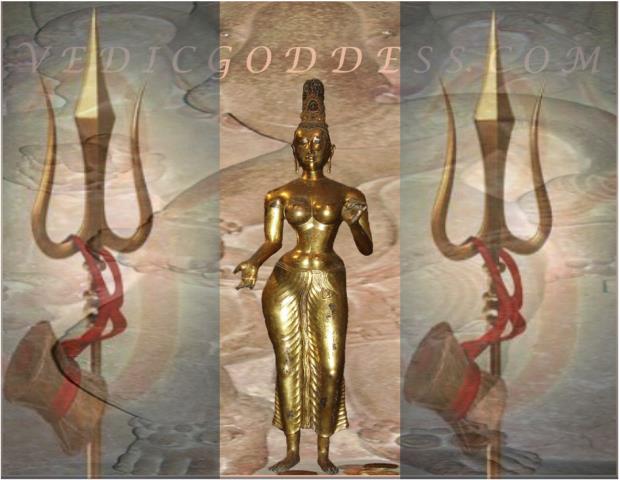
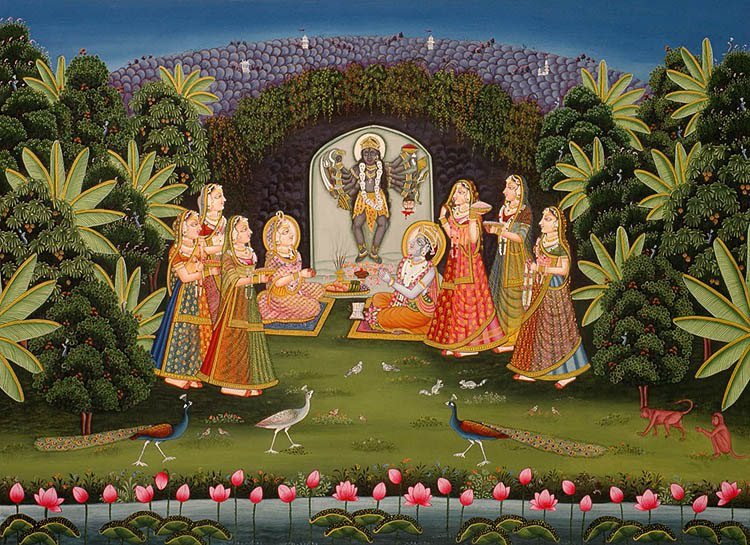
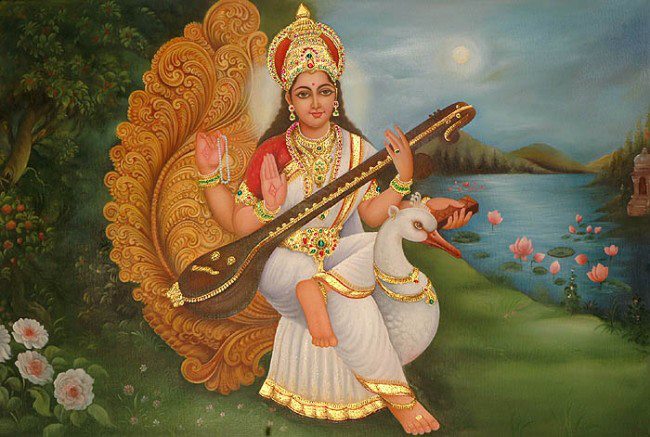
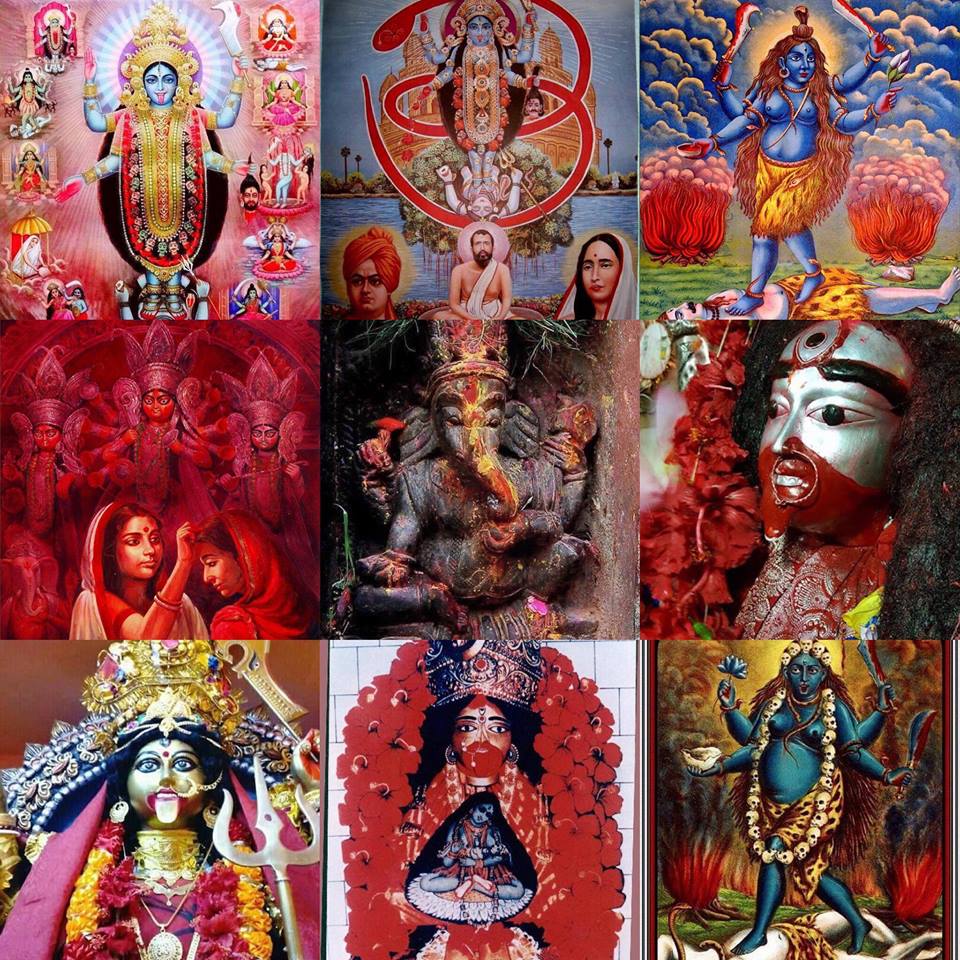
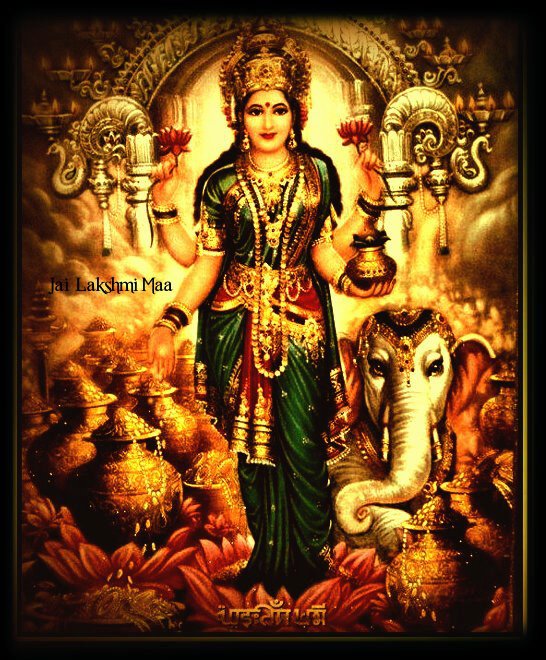
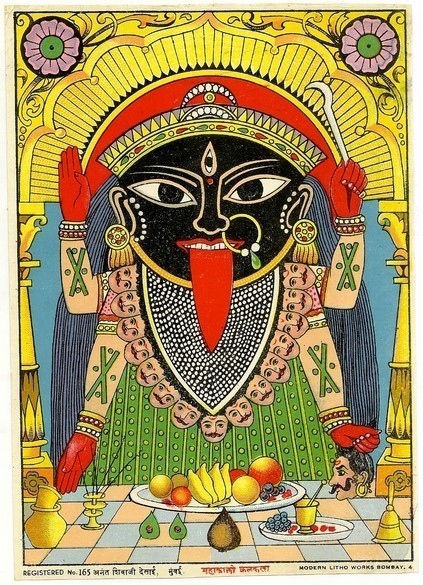
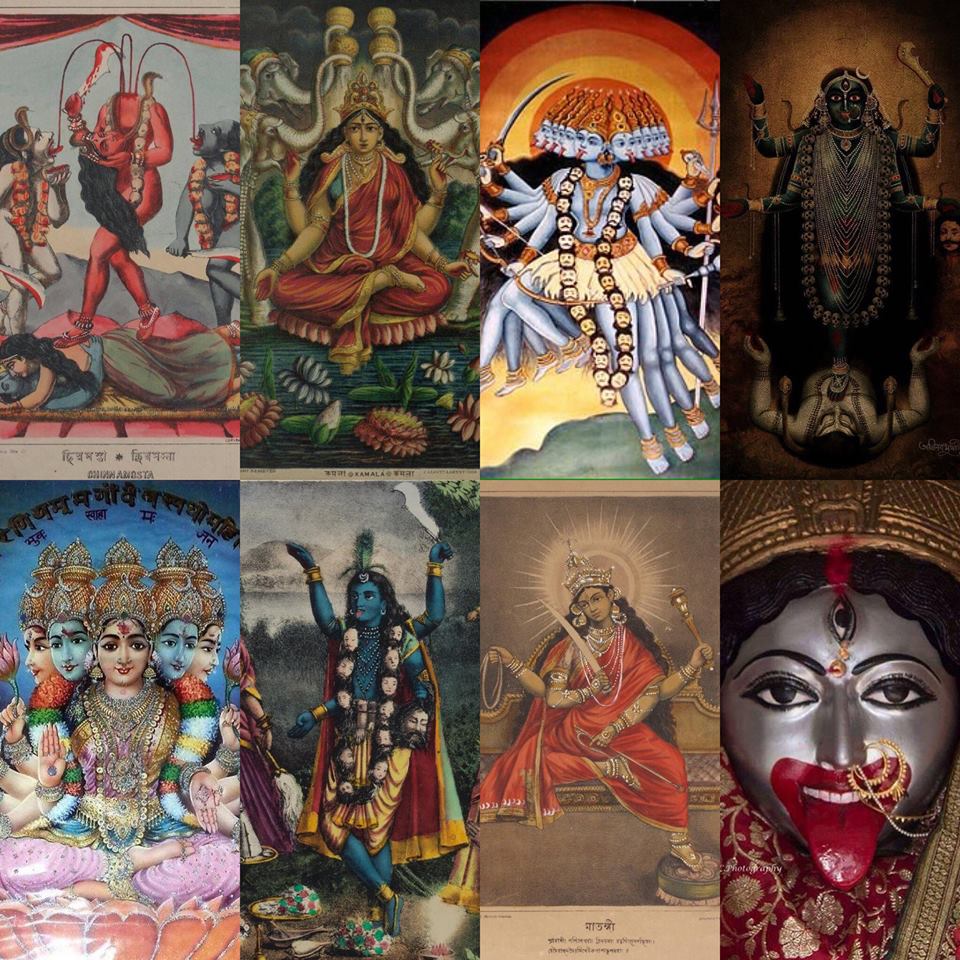
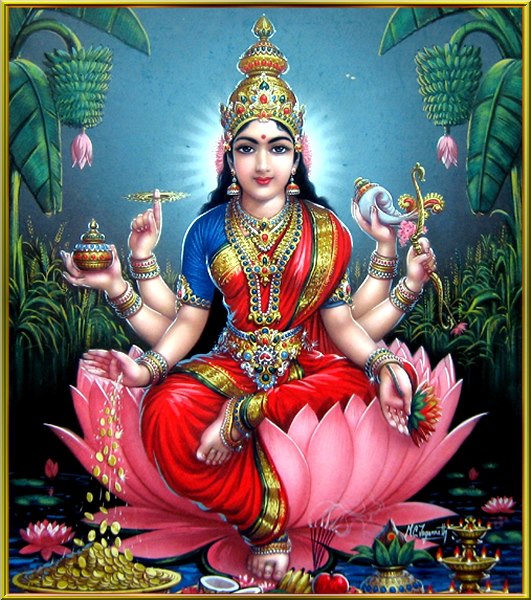
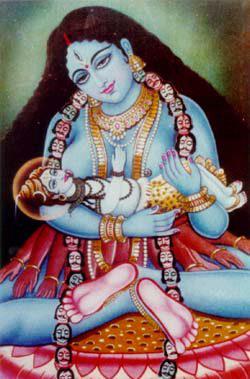
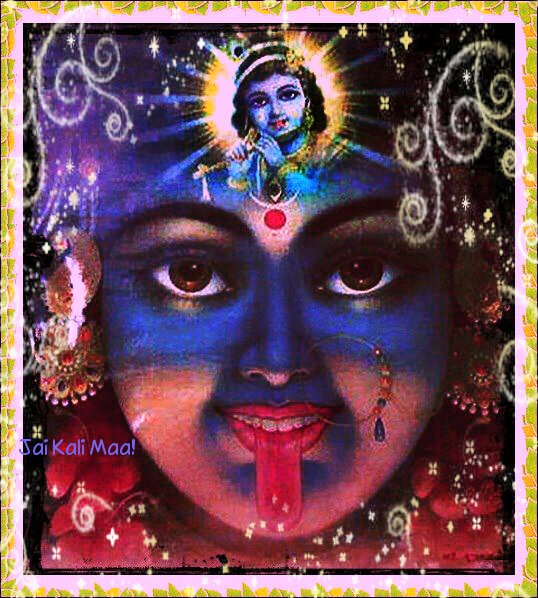
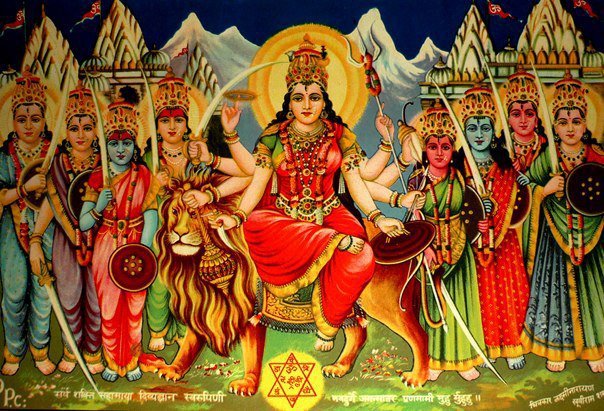
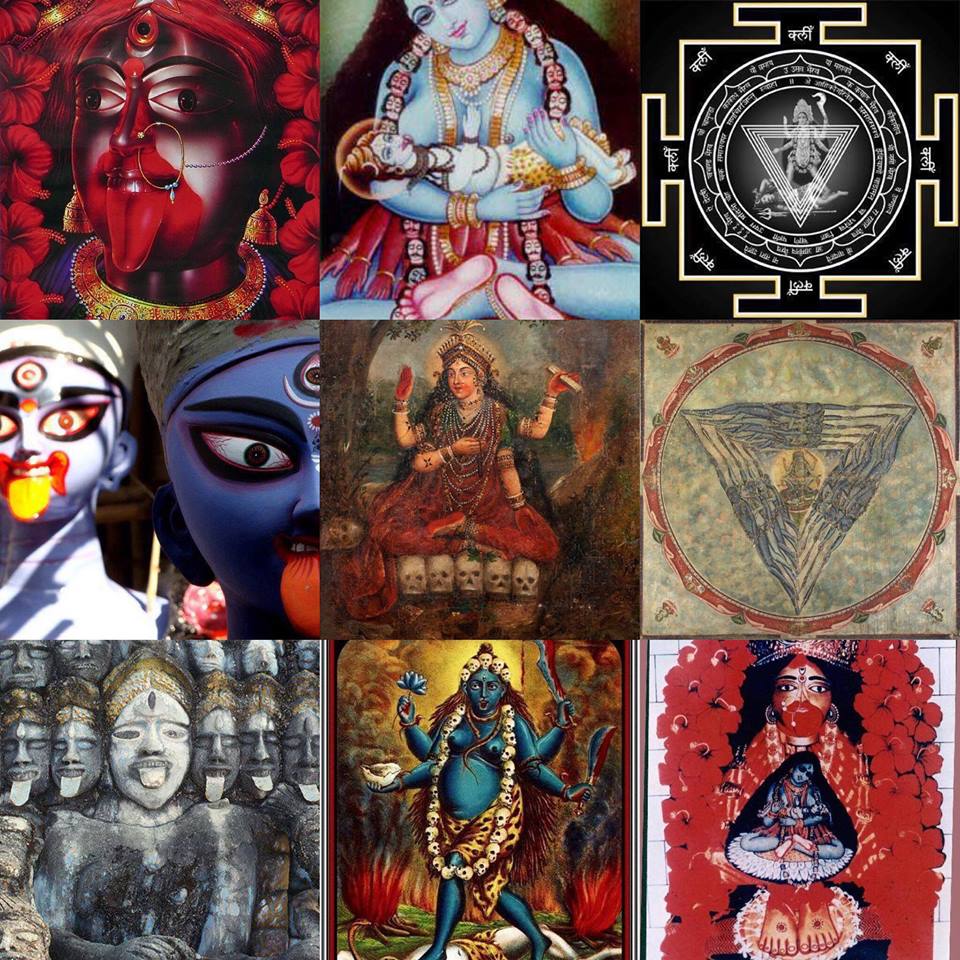
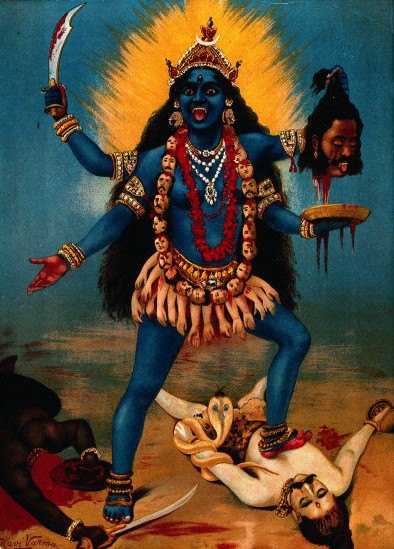
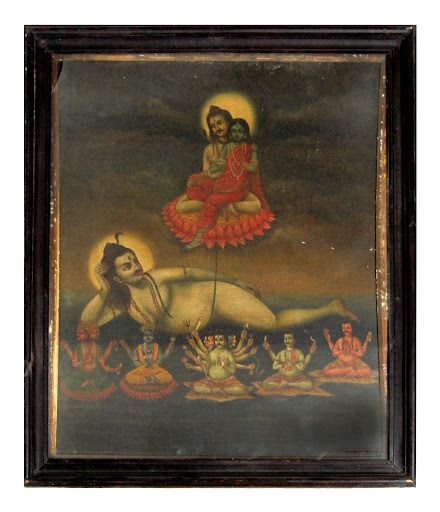
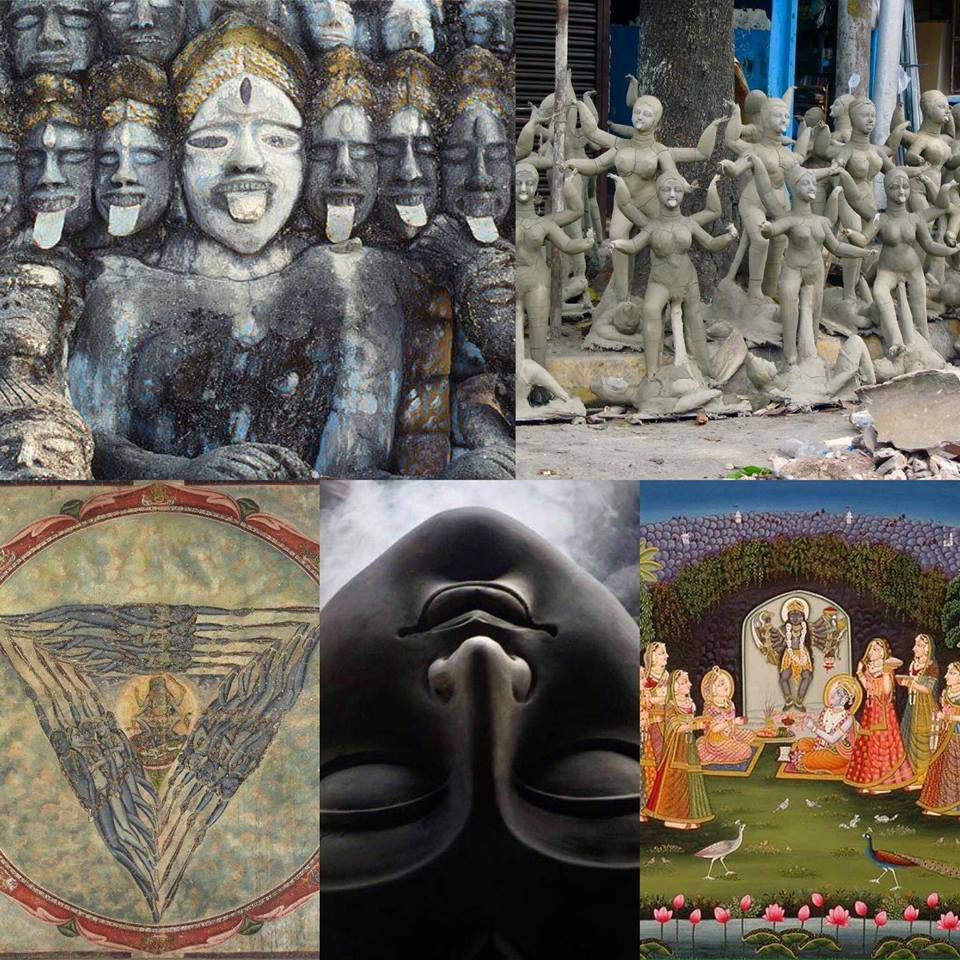
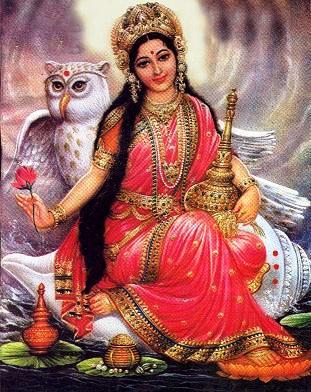
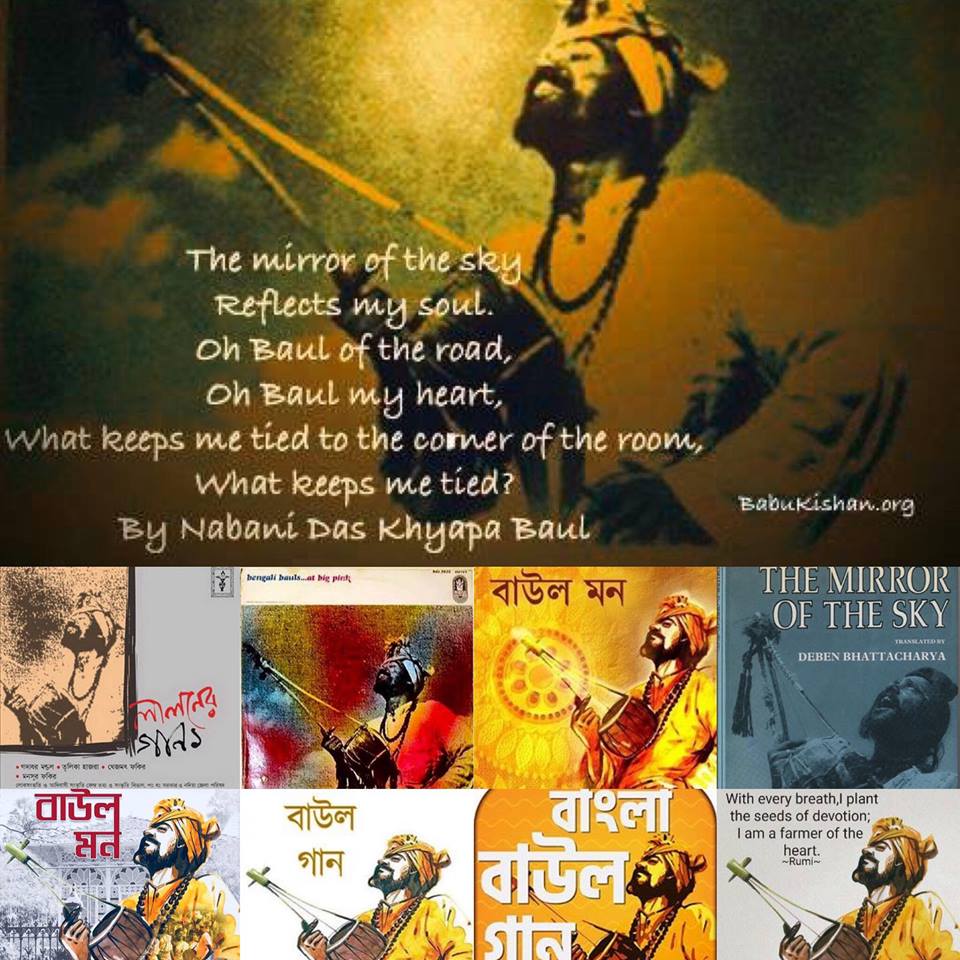
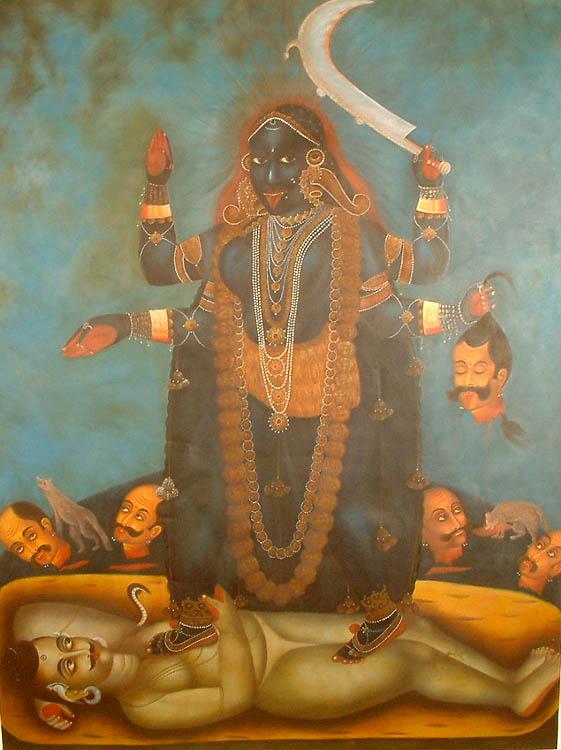
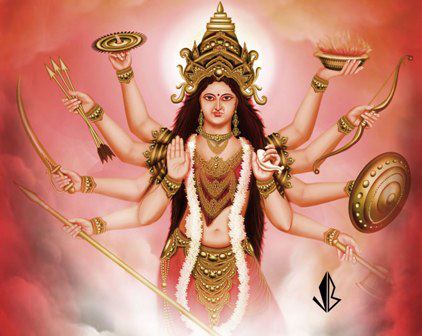
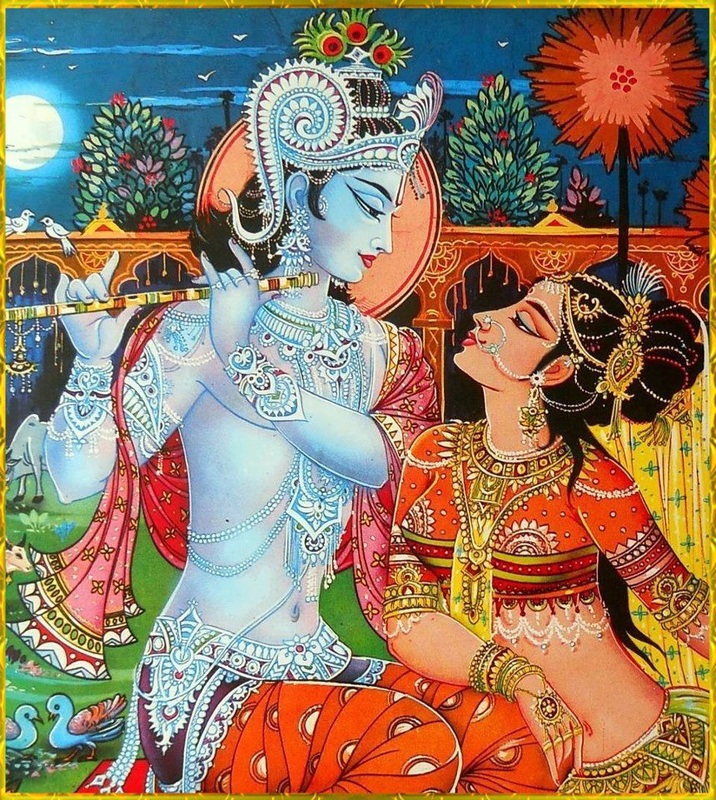
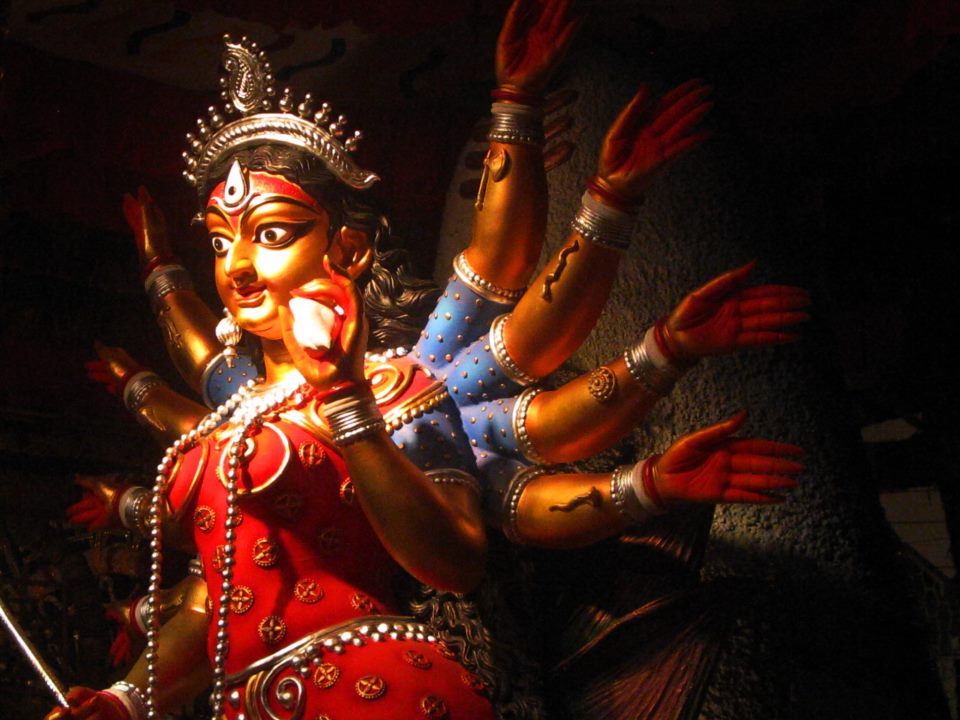
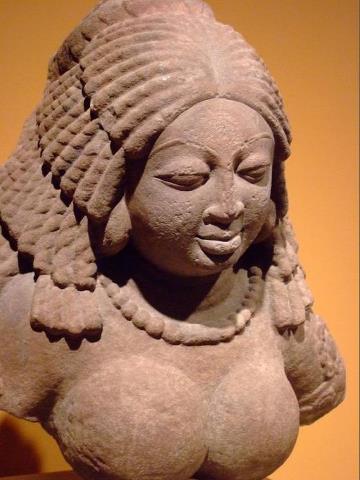
 RSS Feed
RSS Feed
